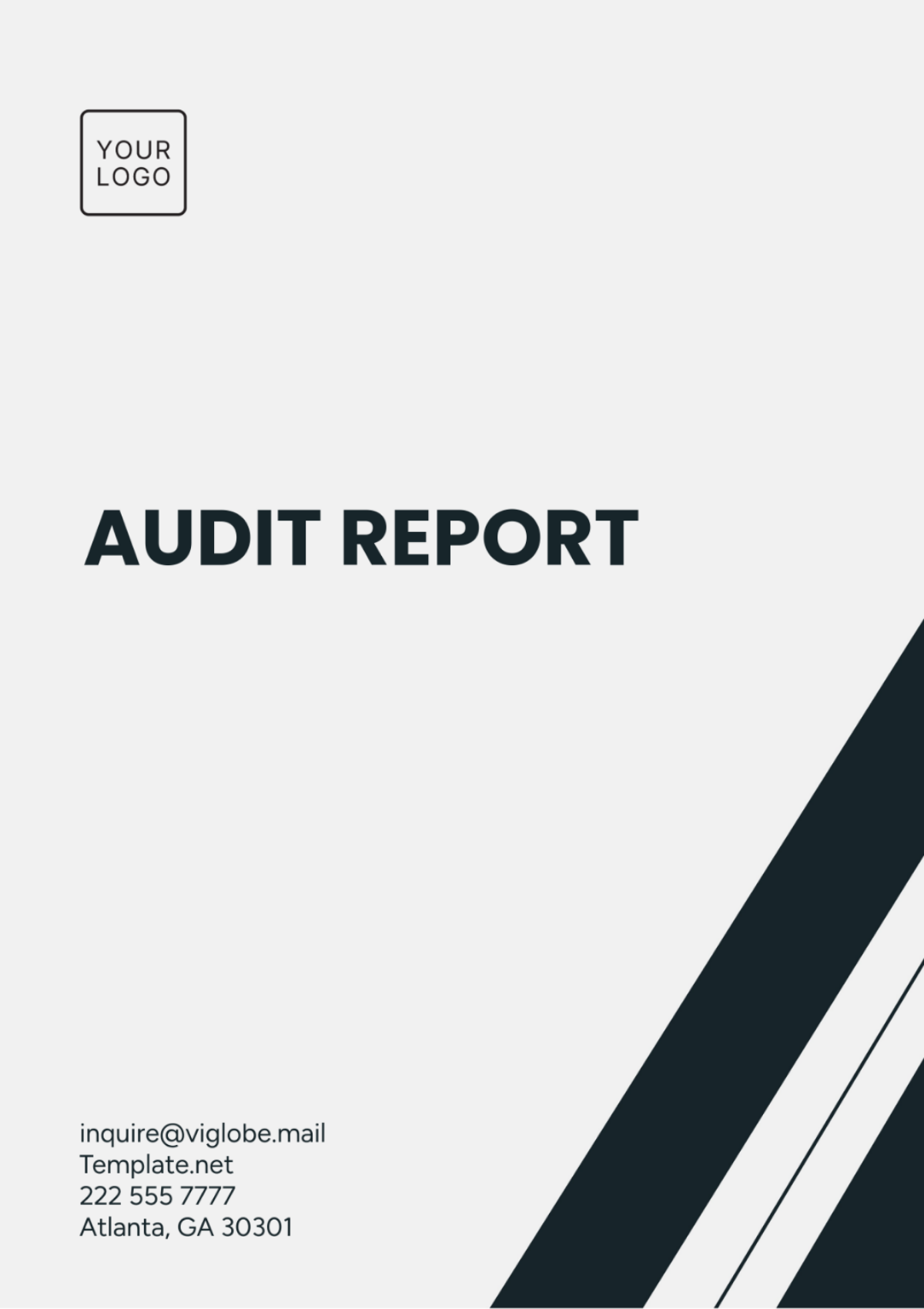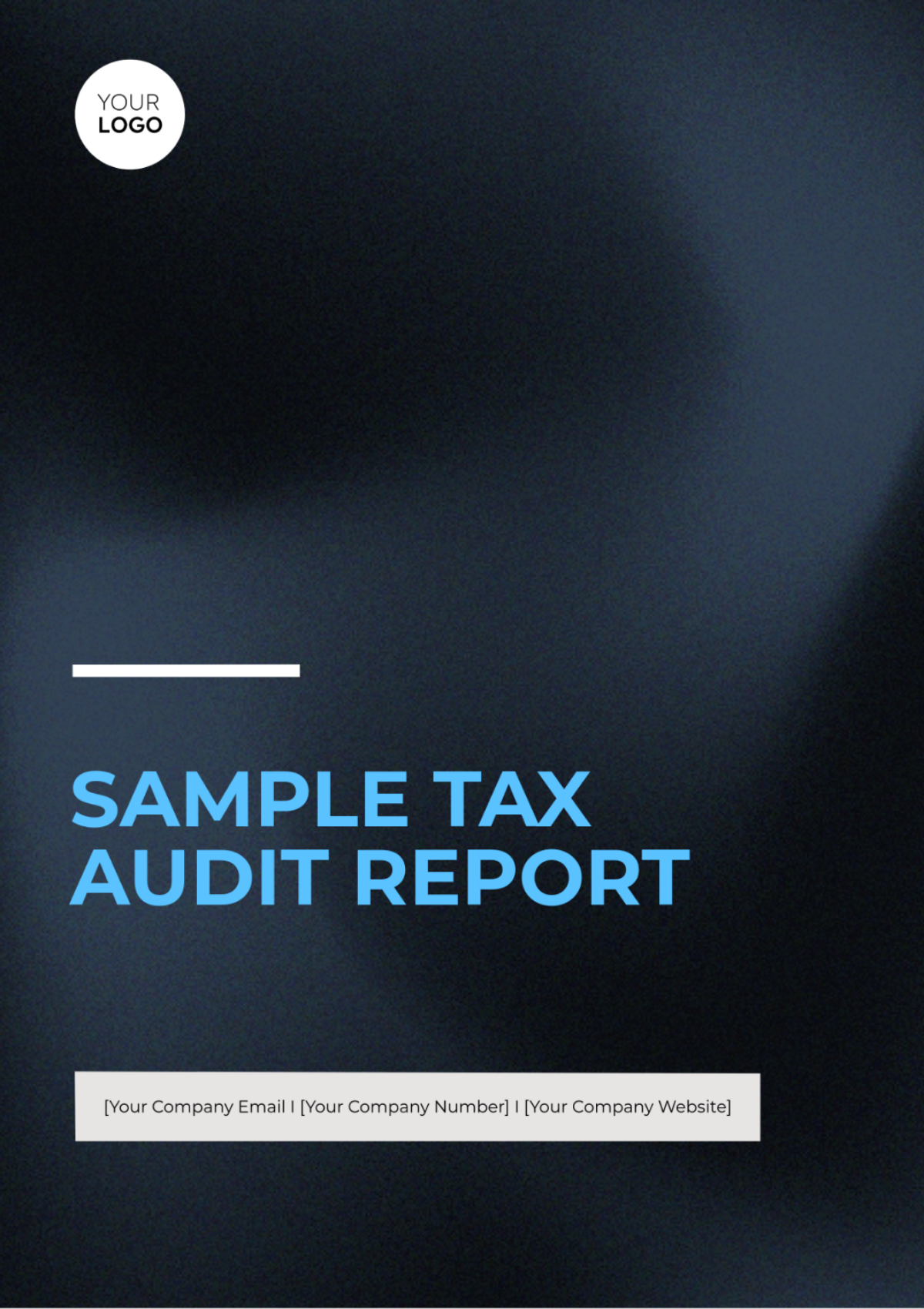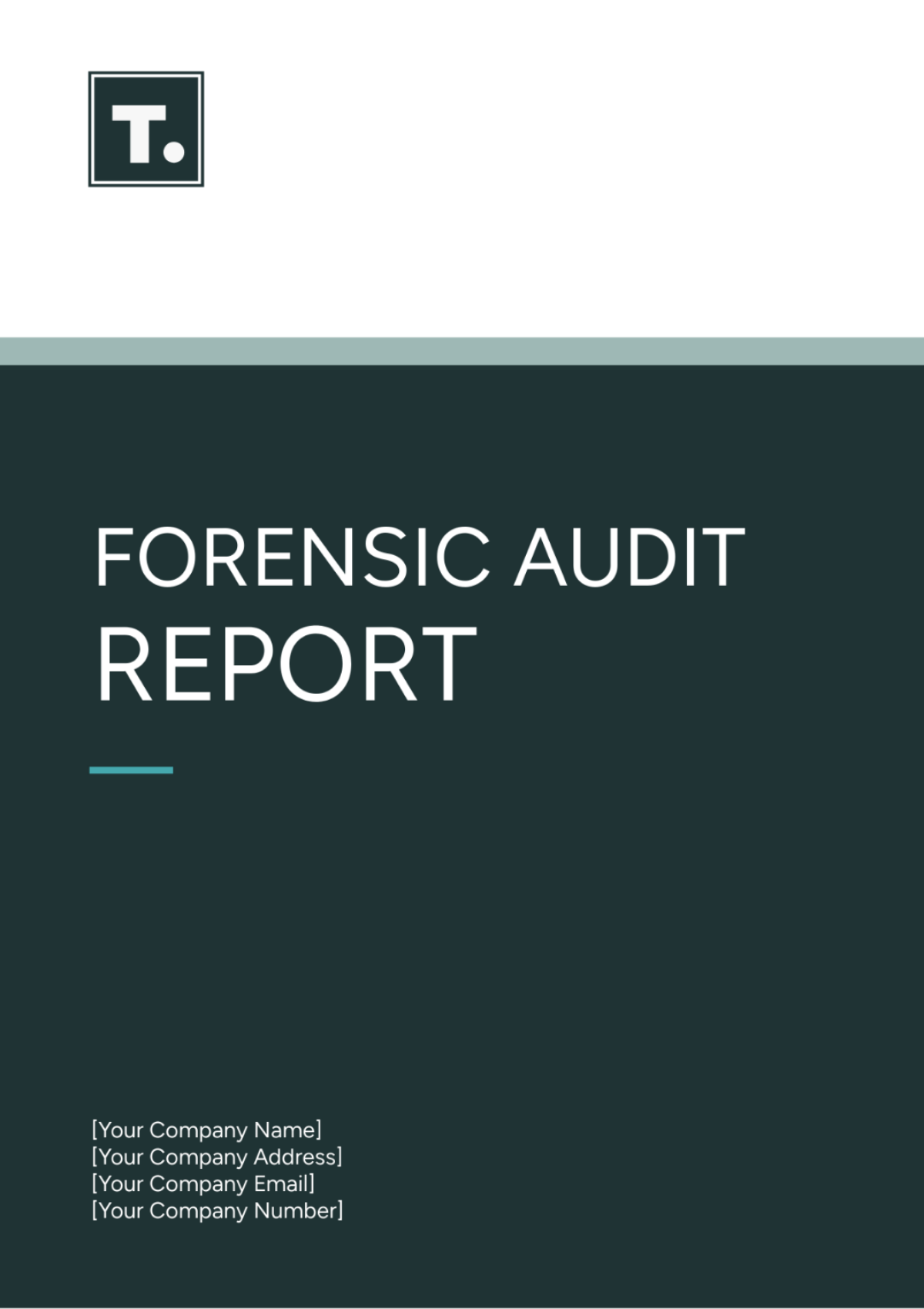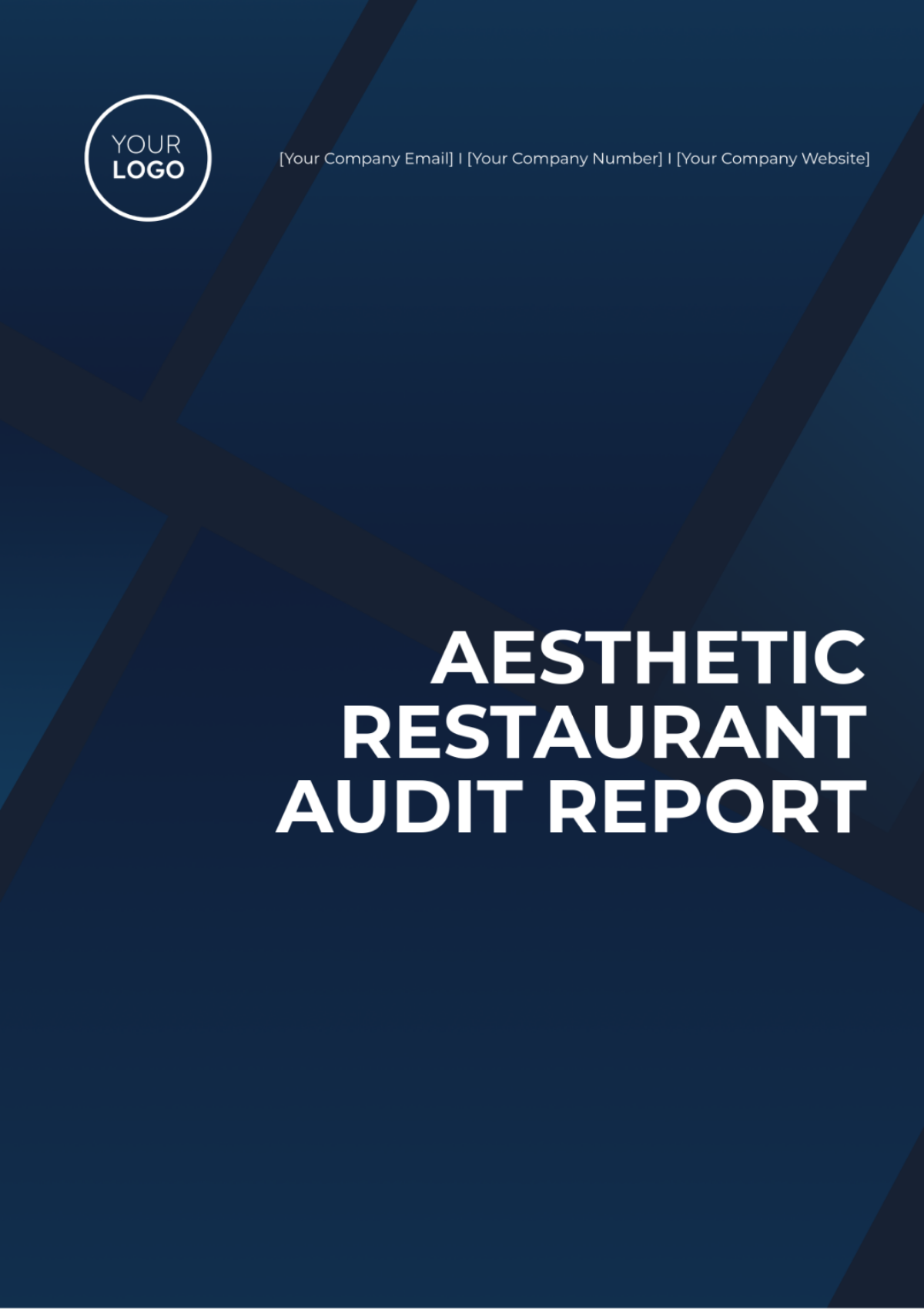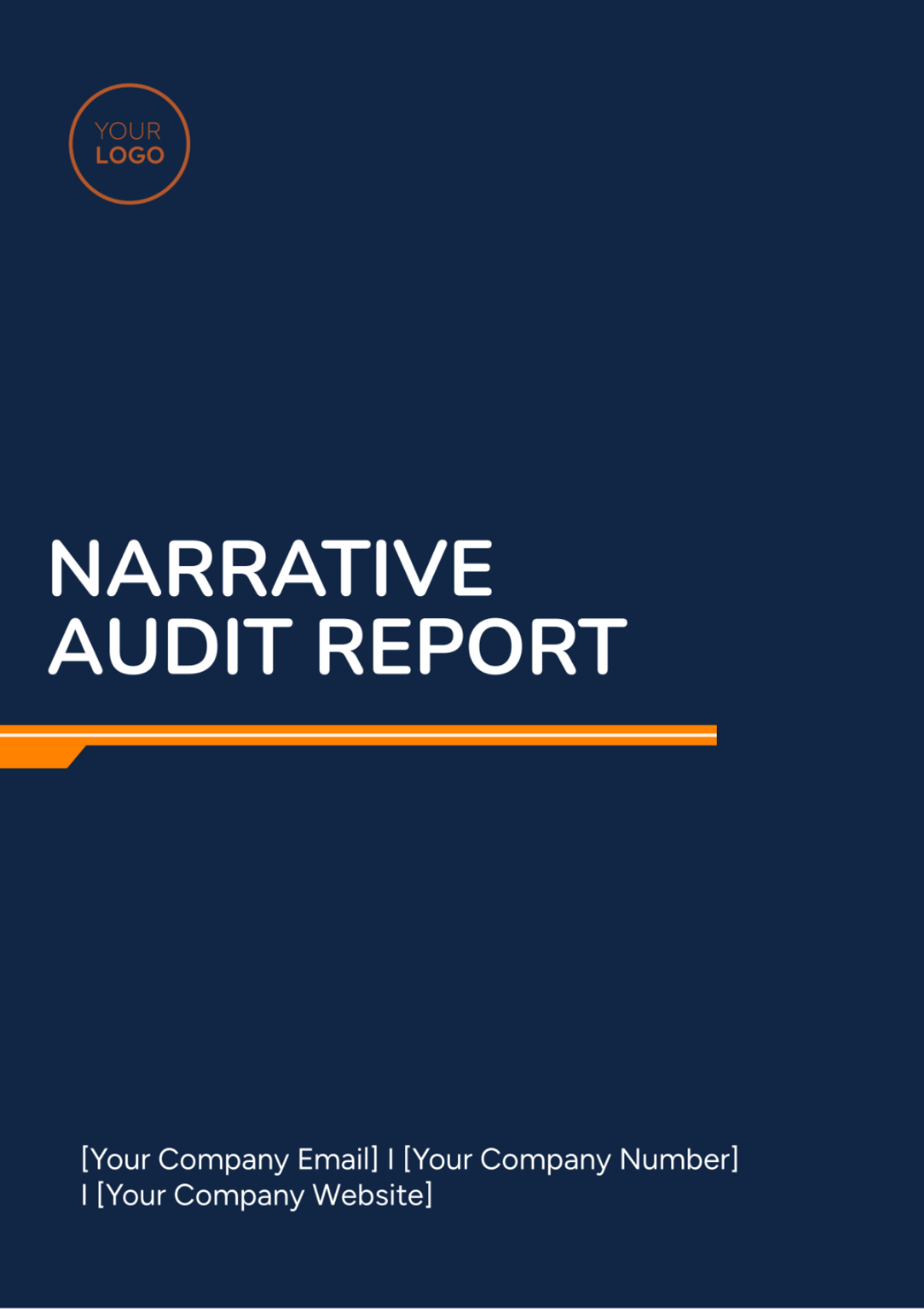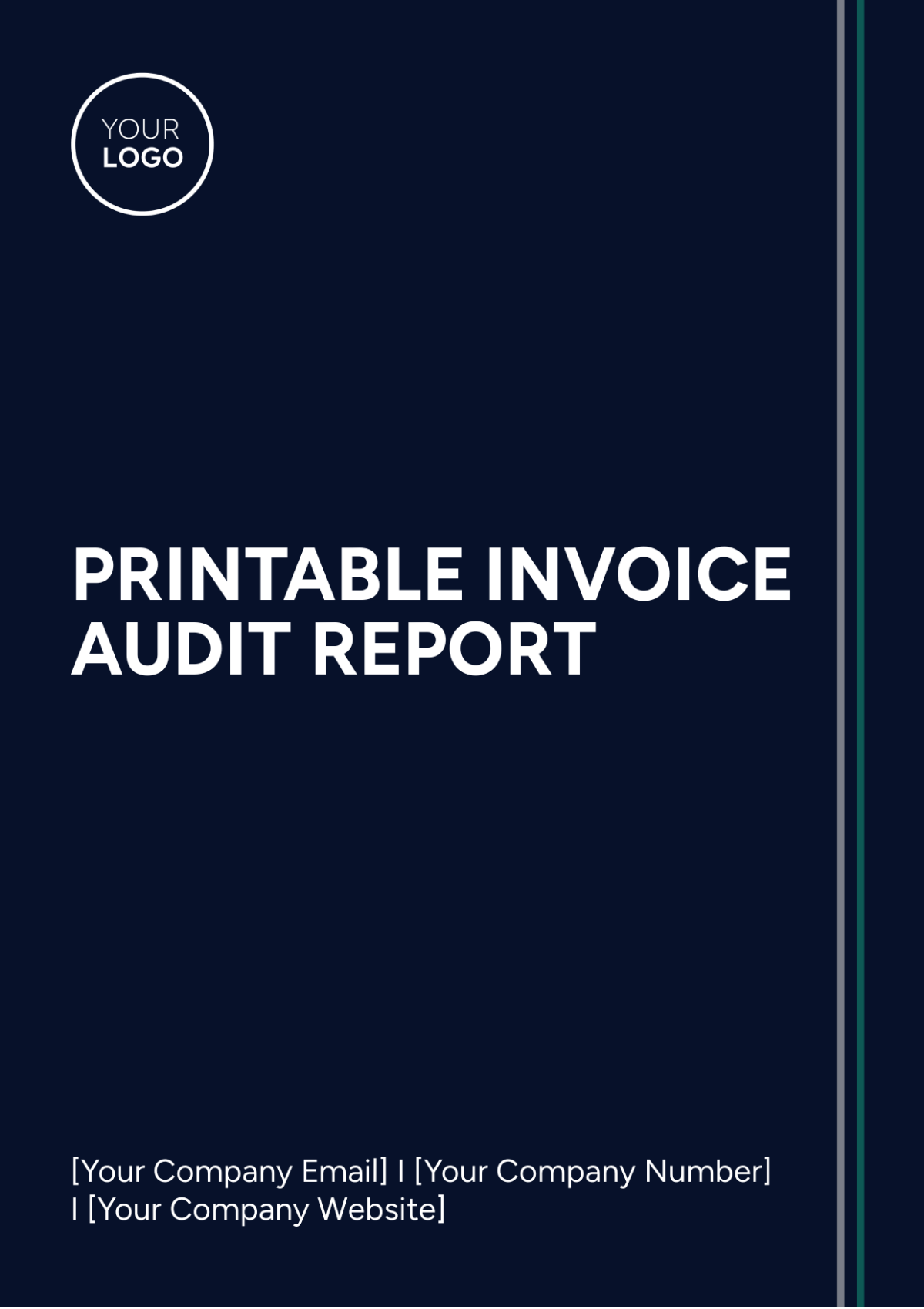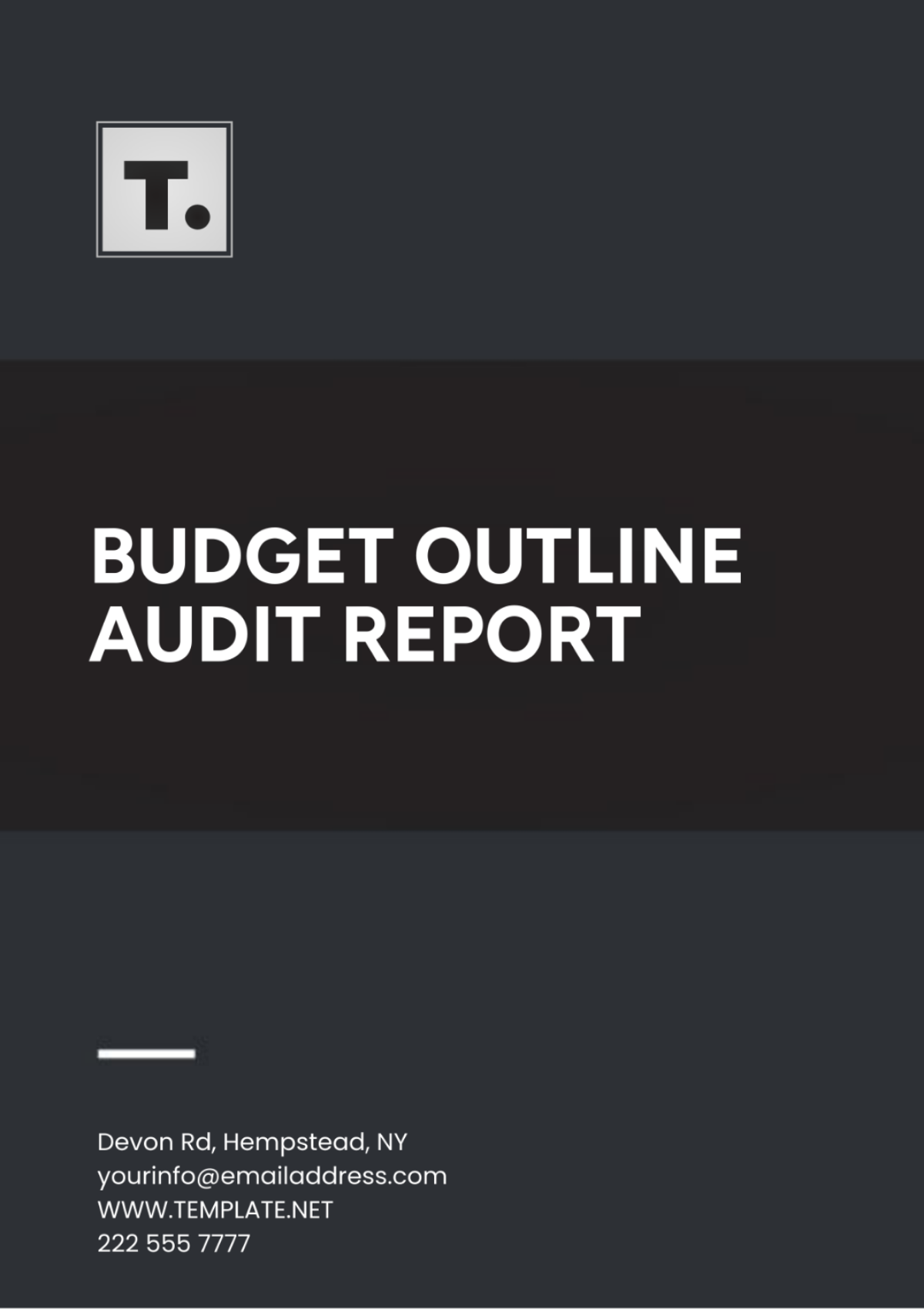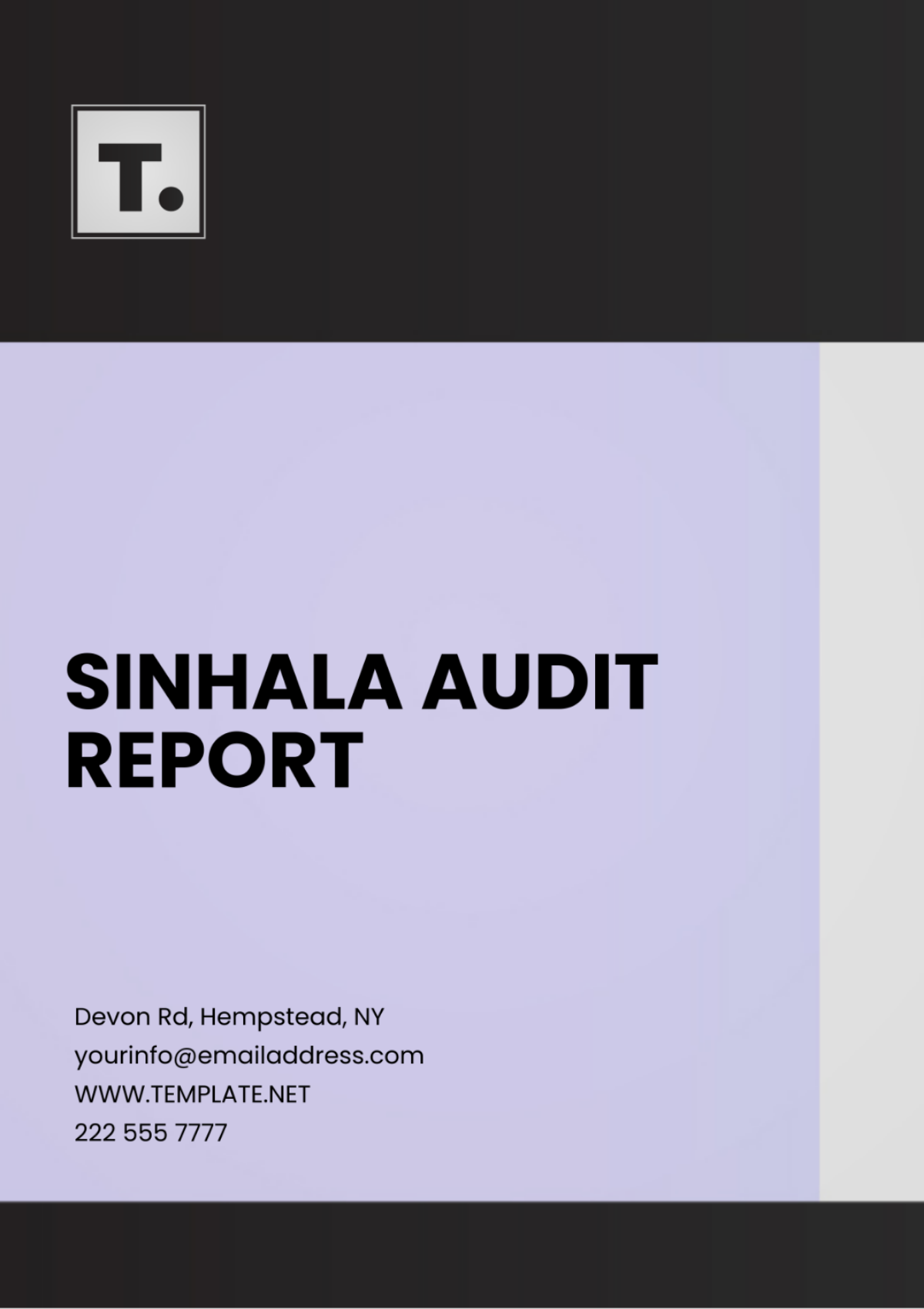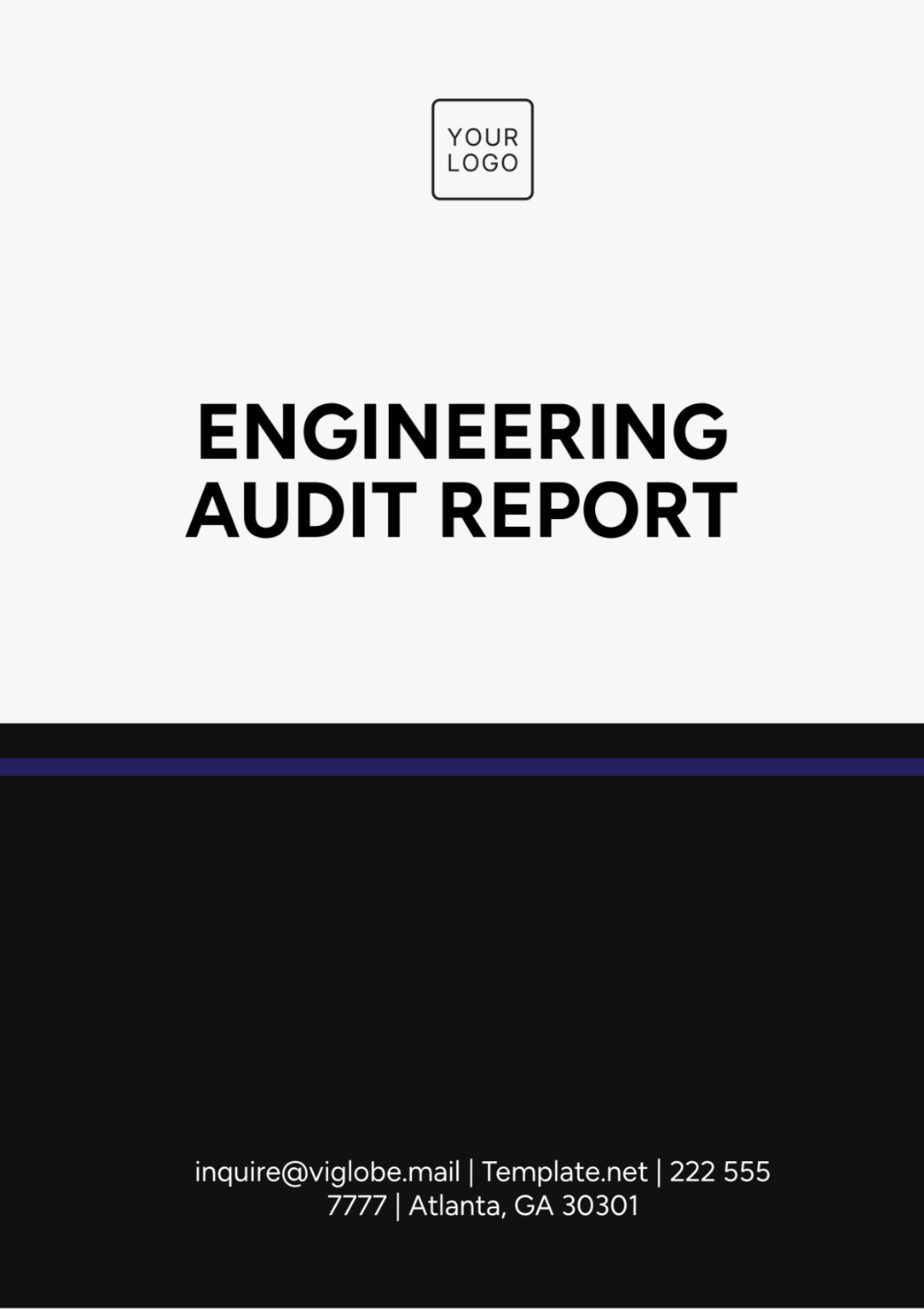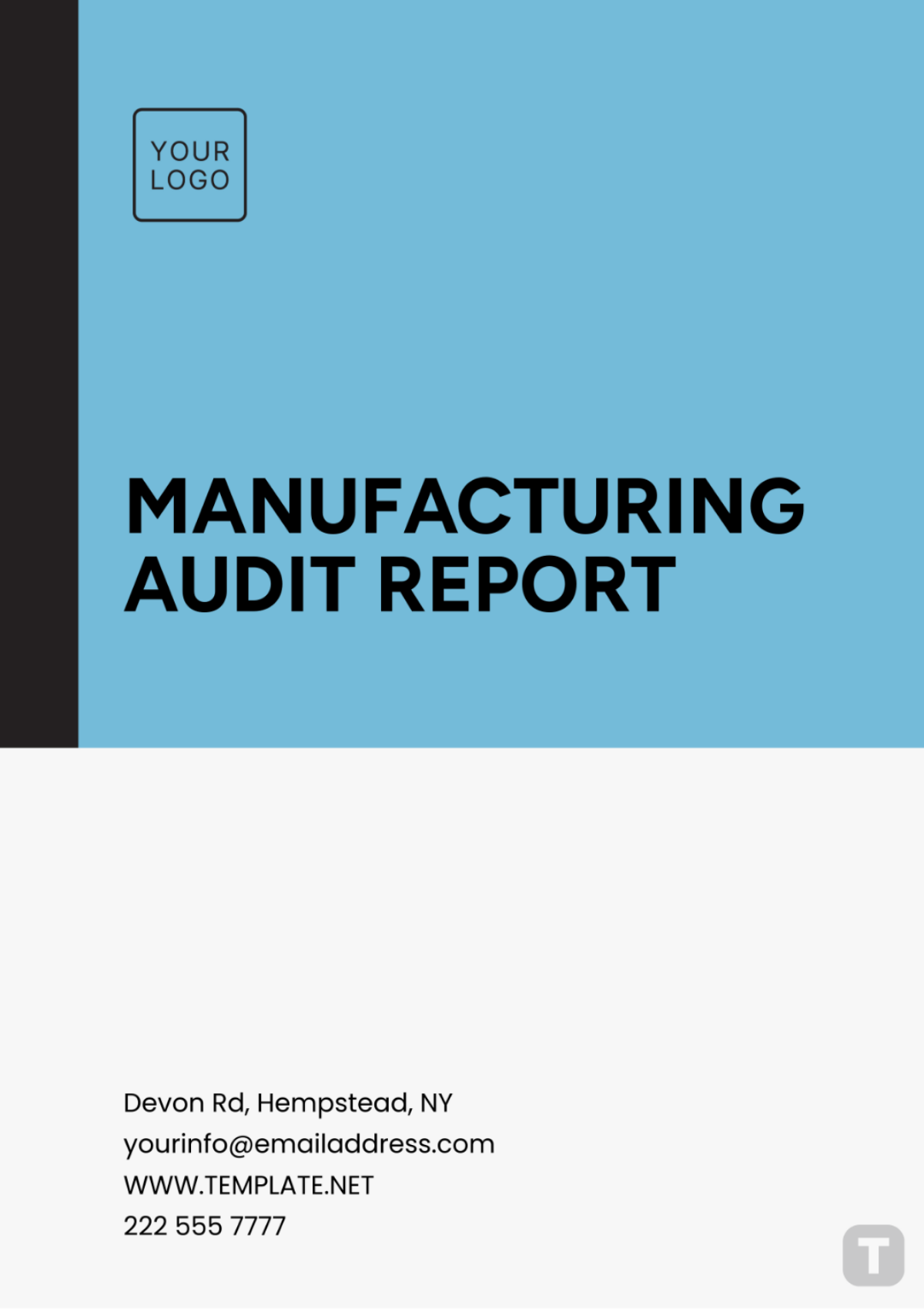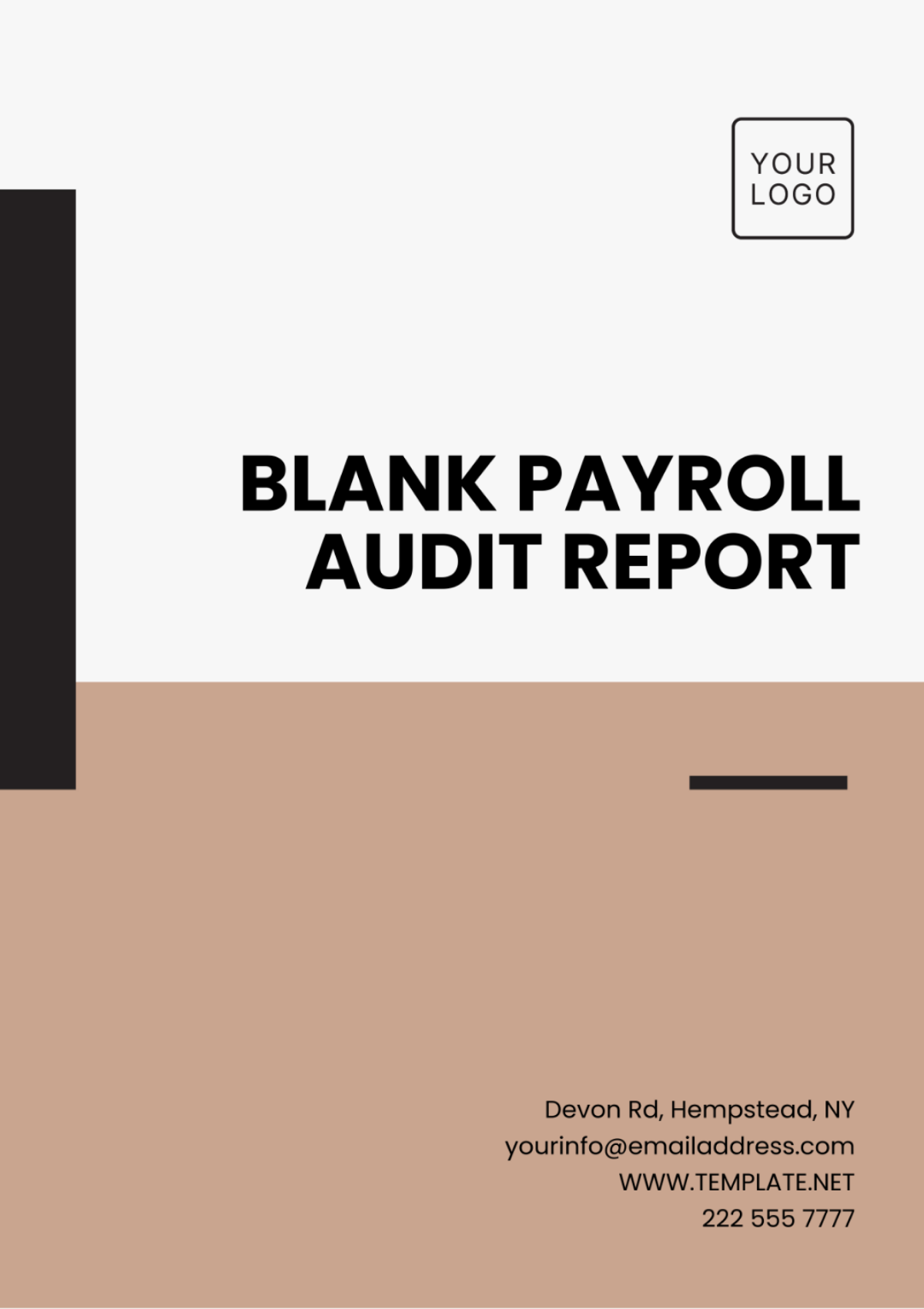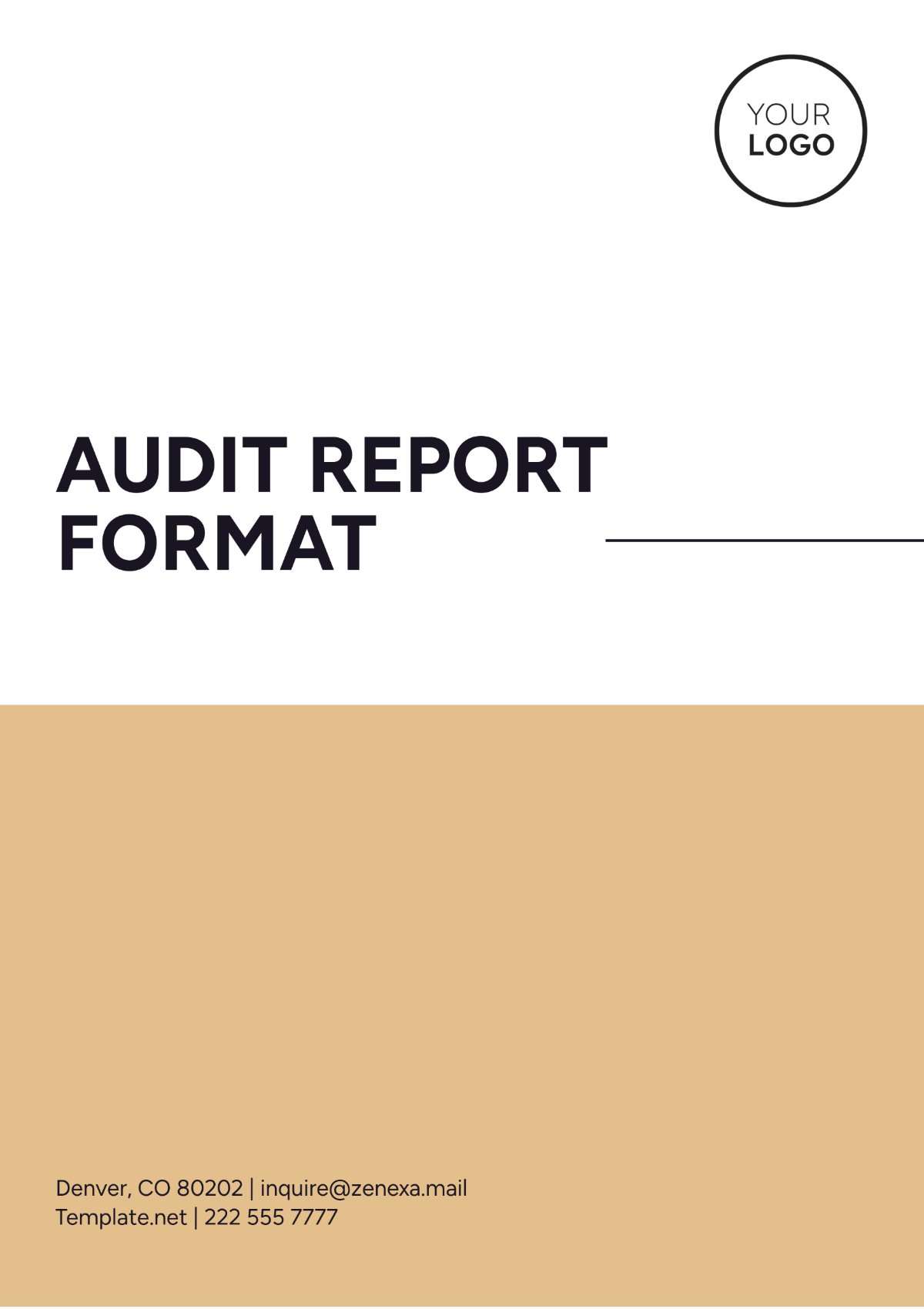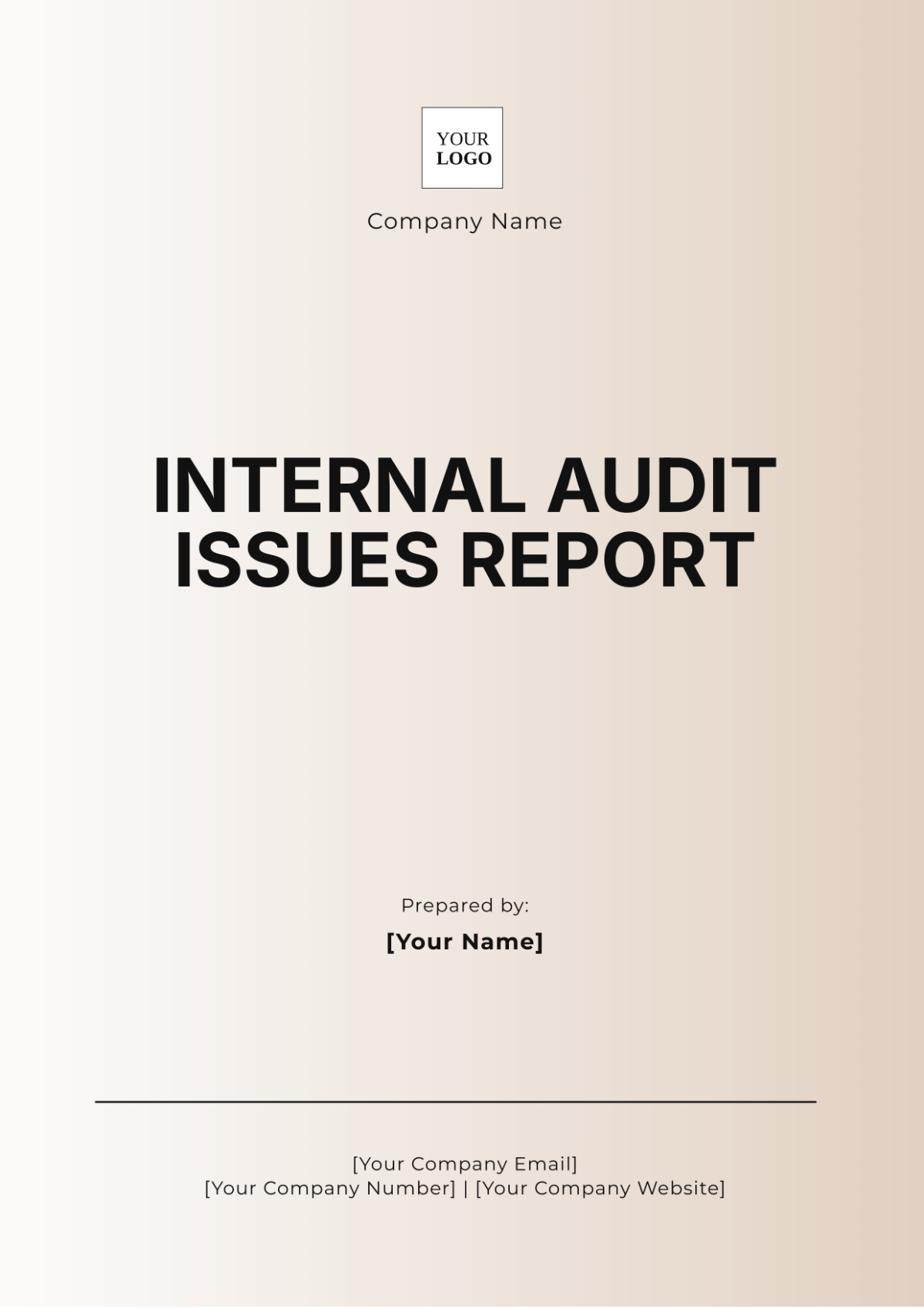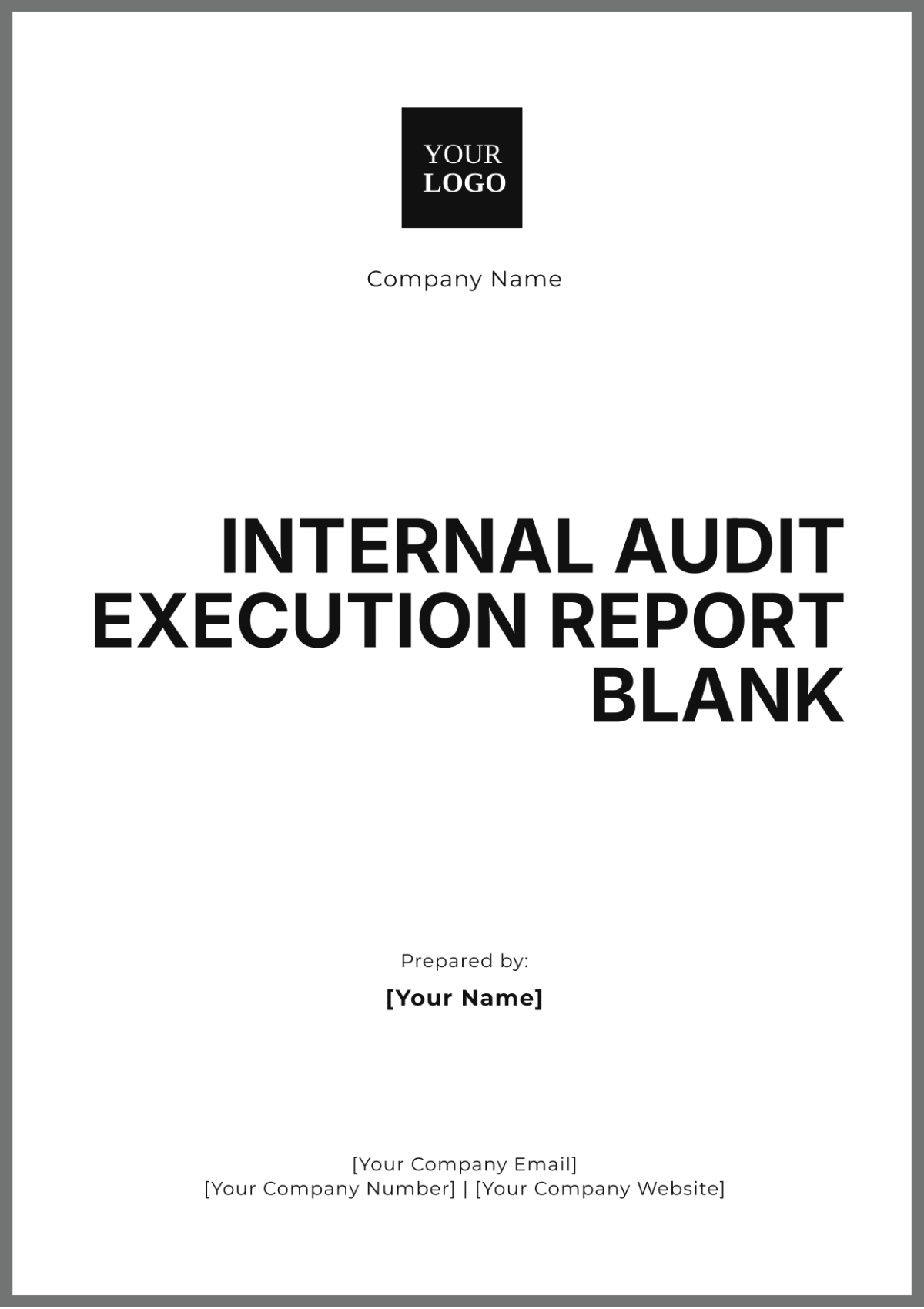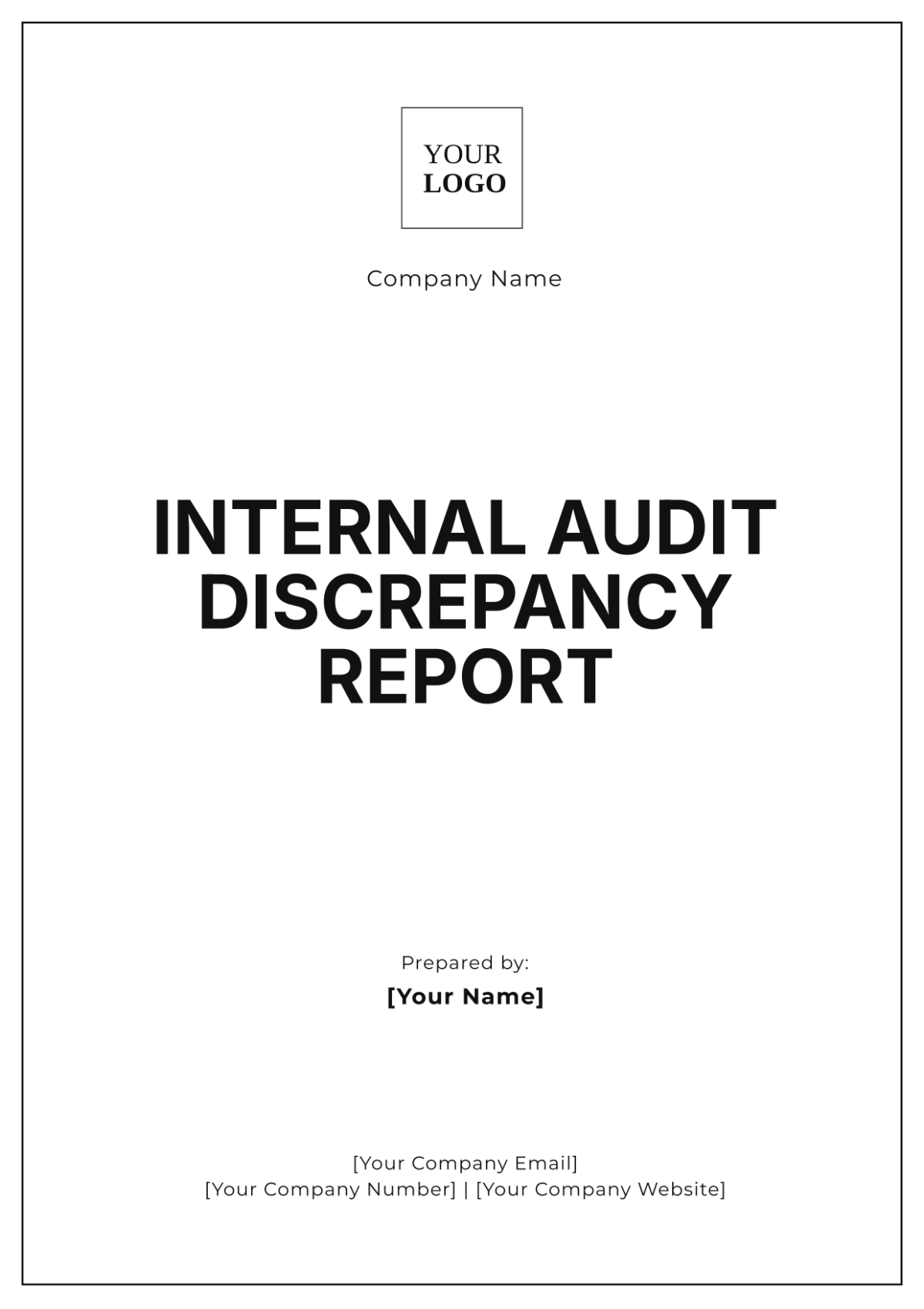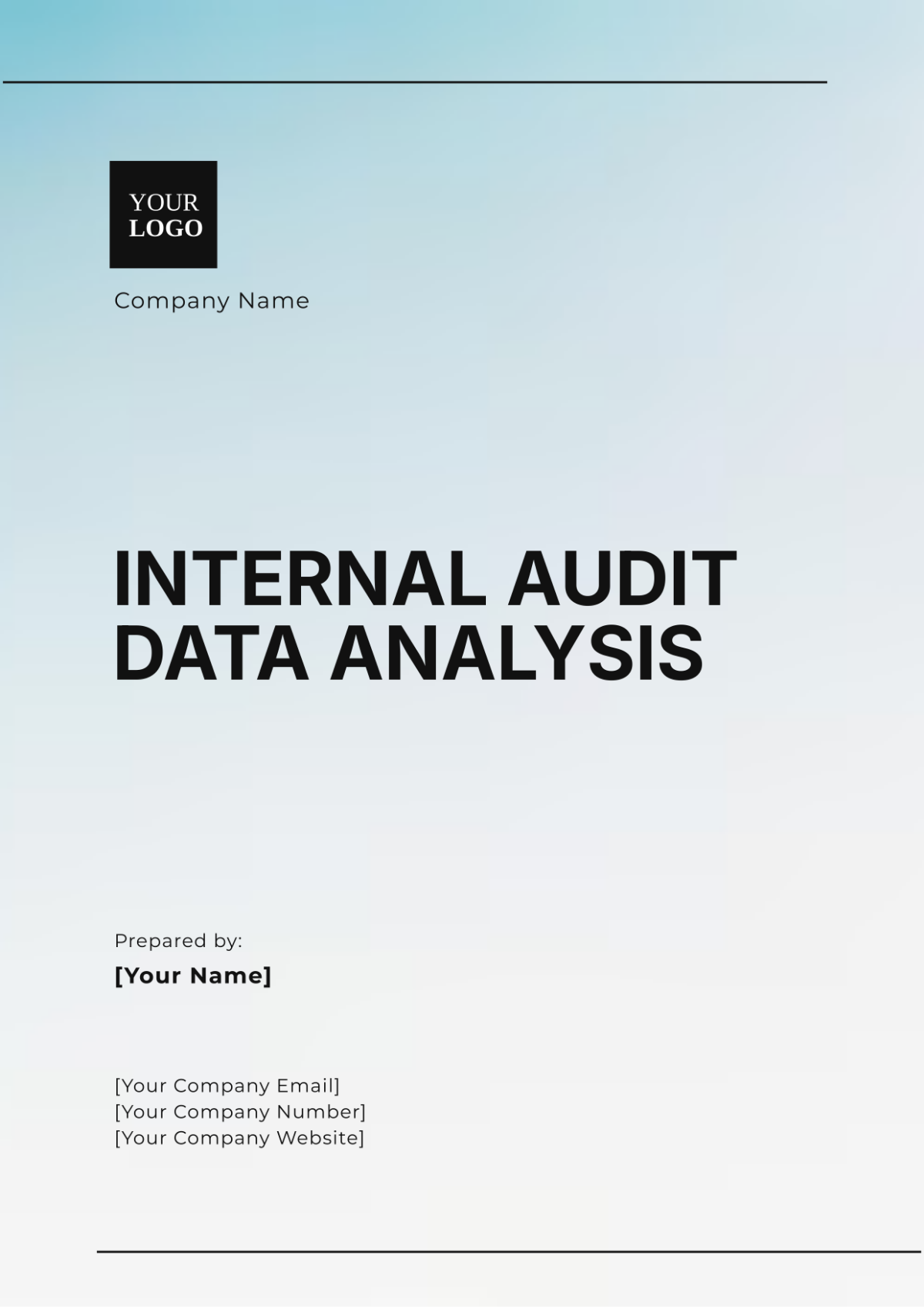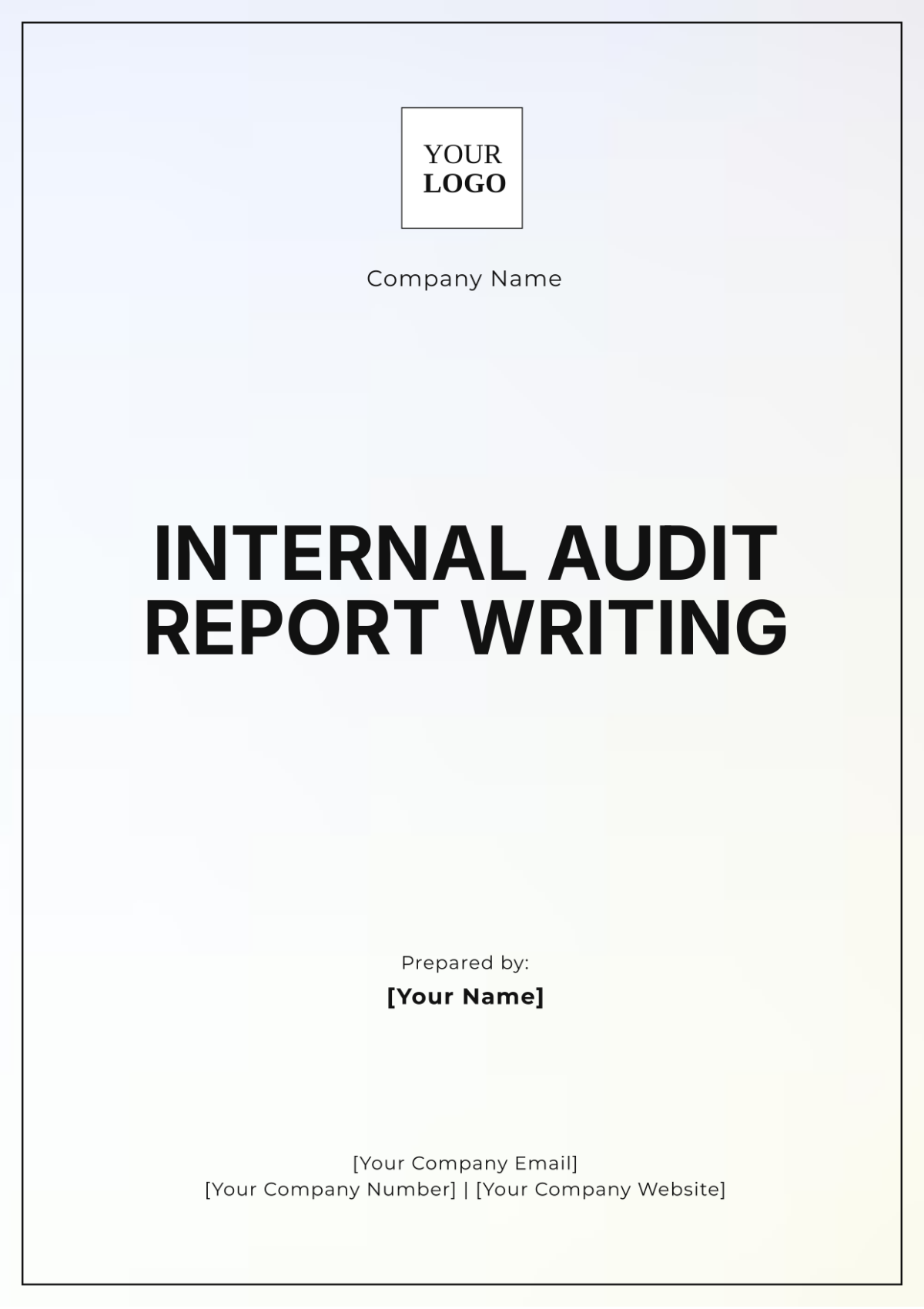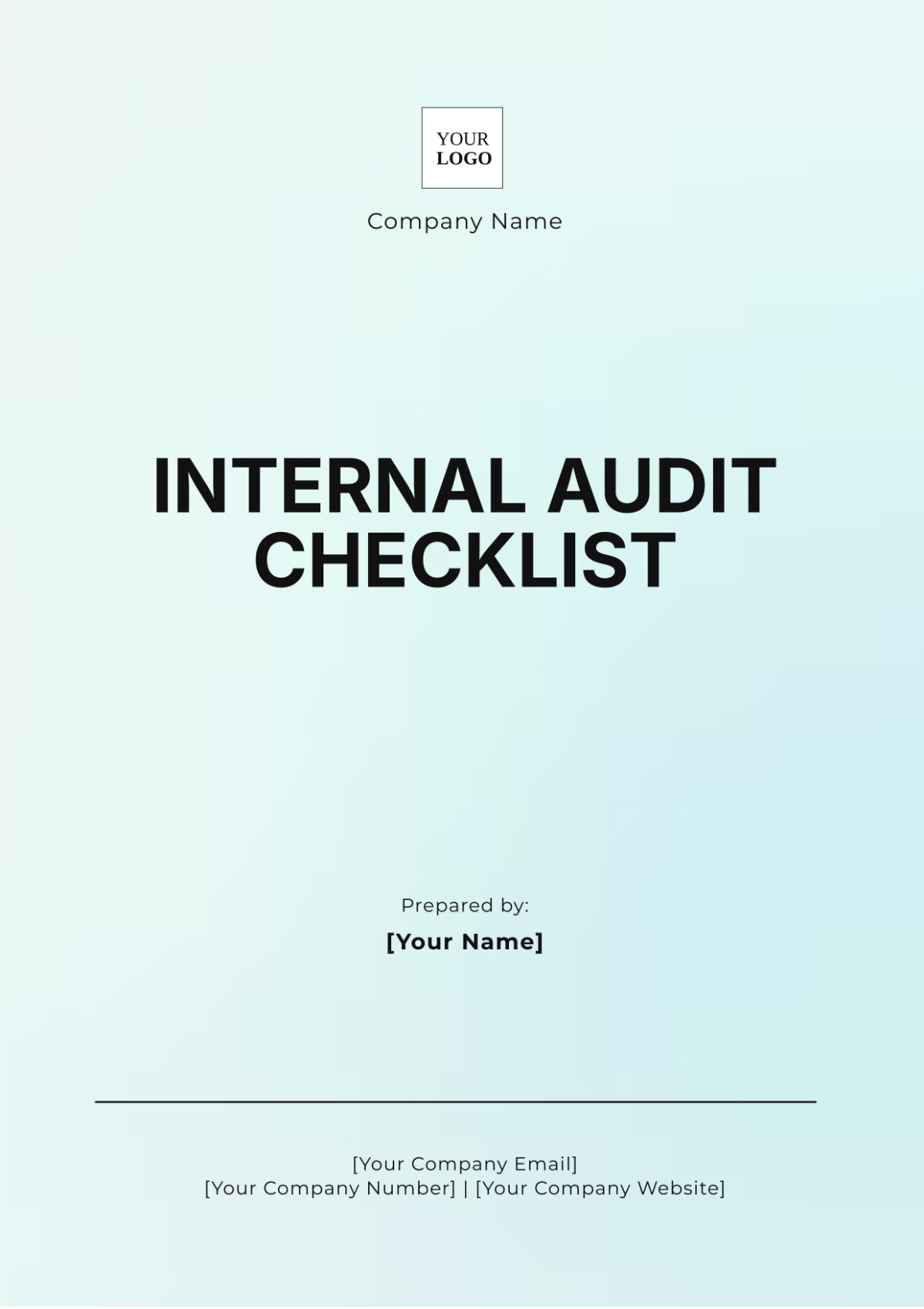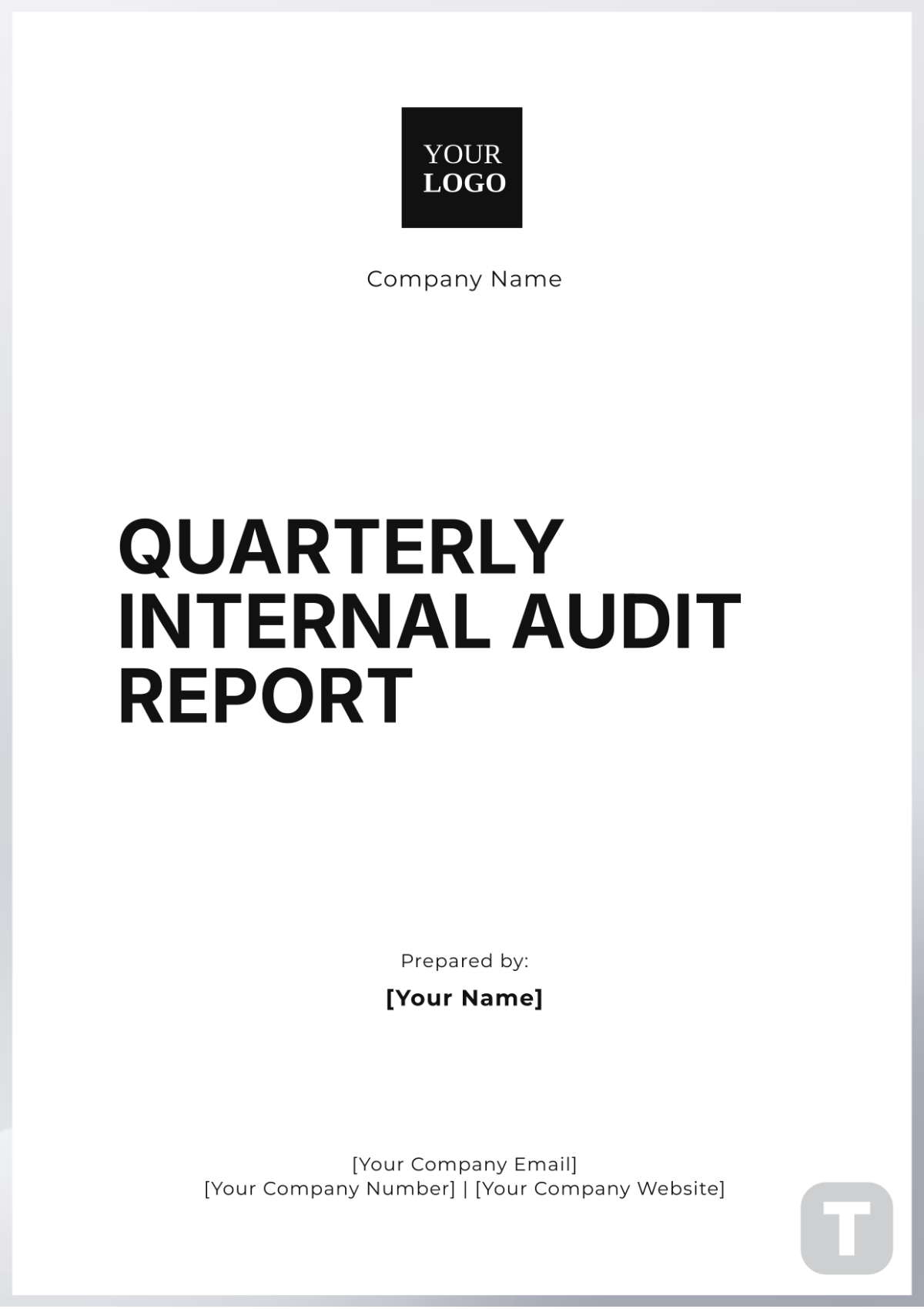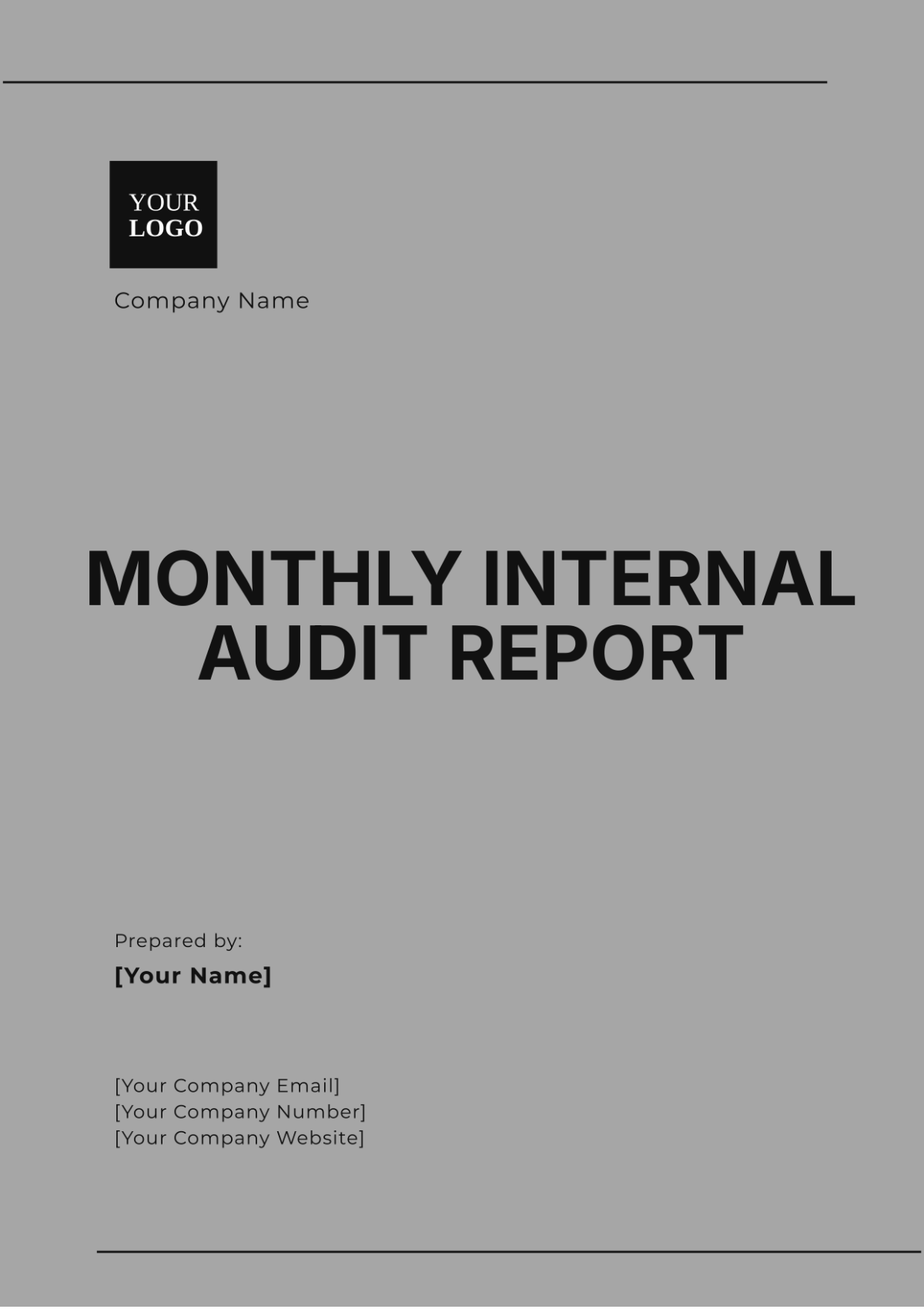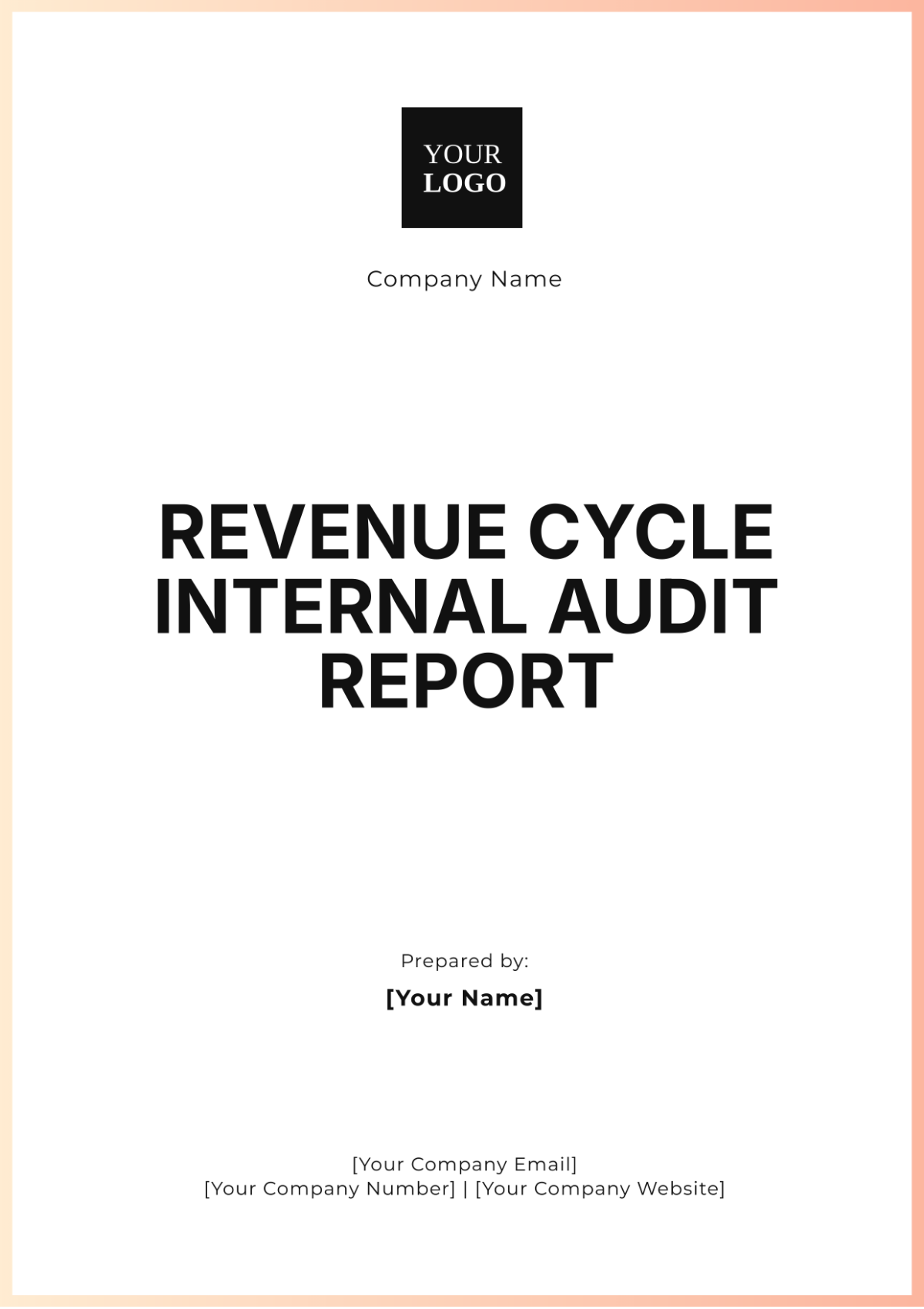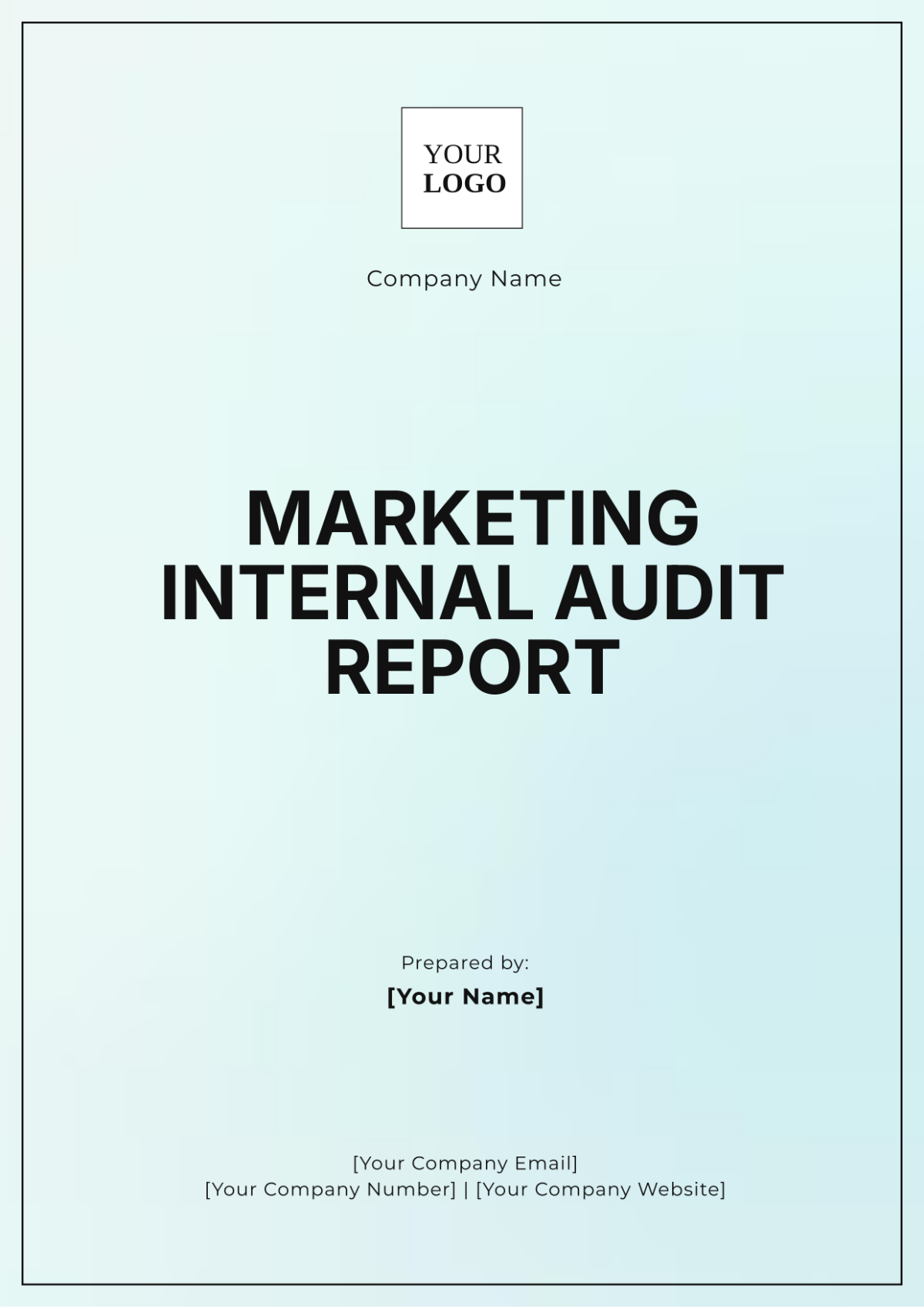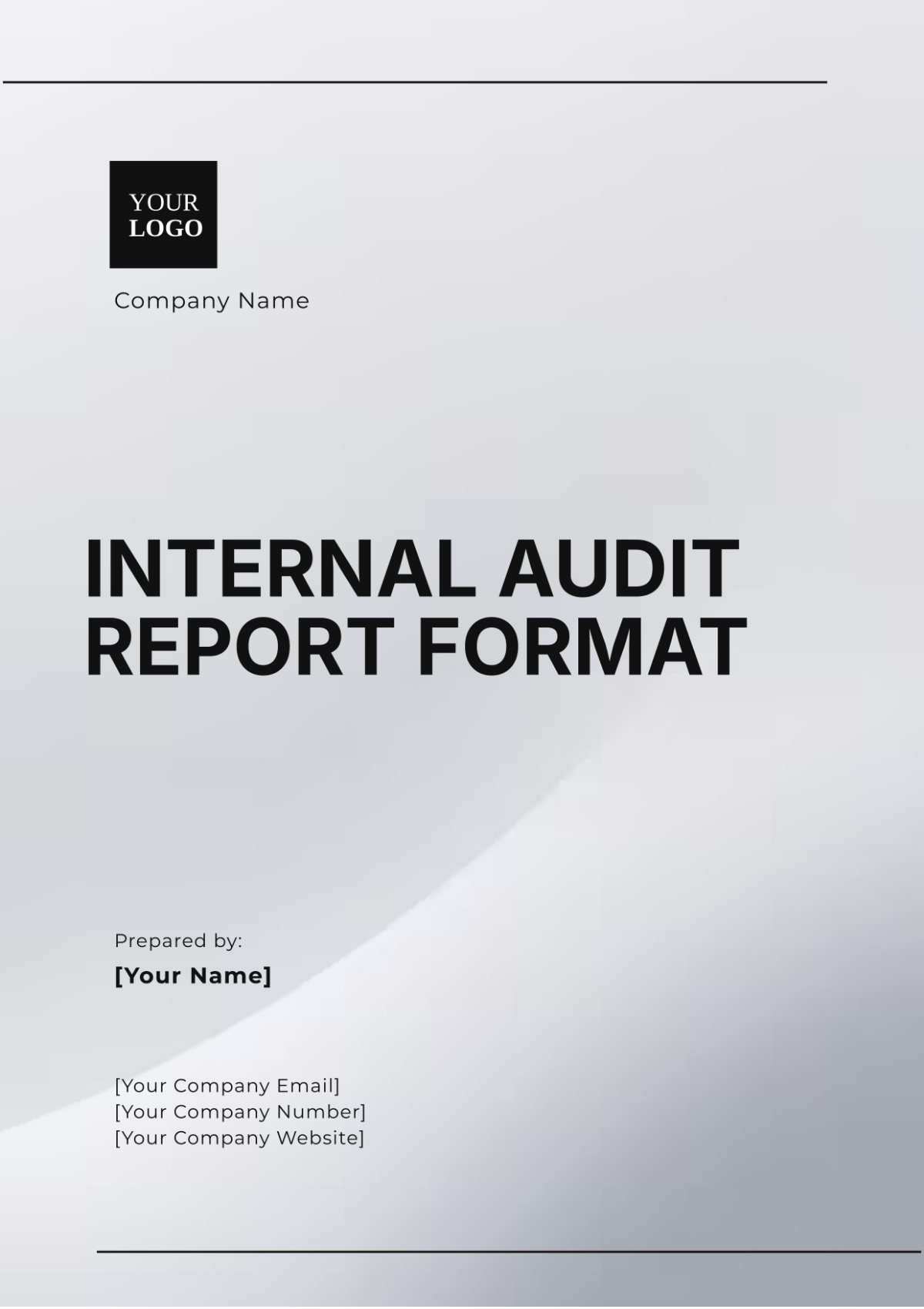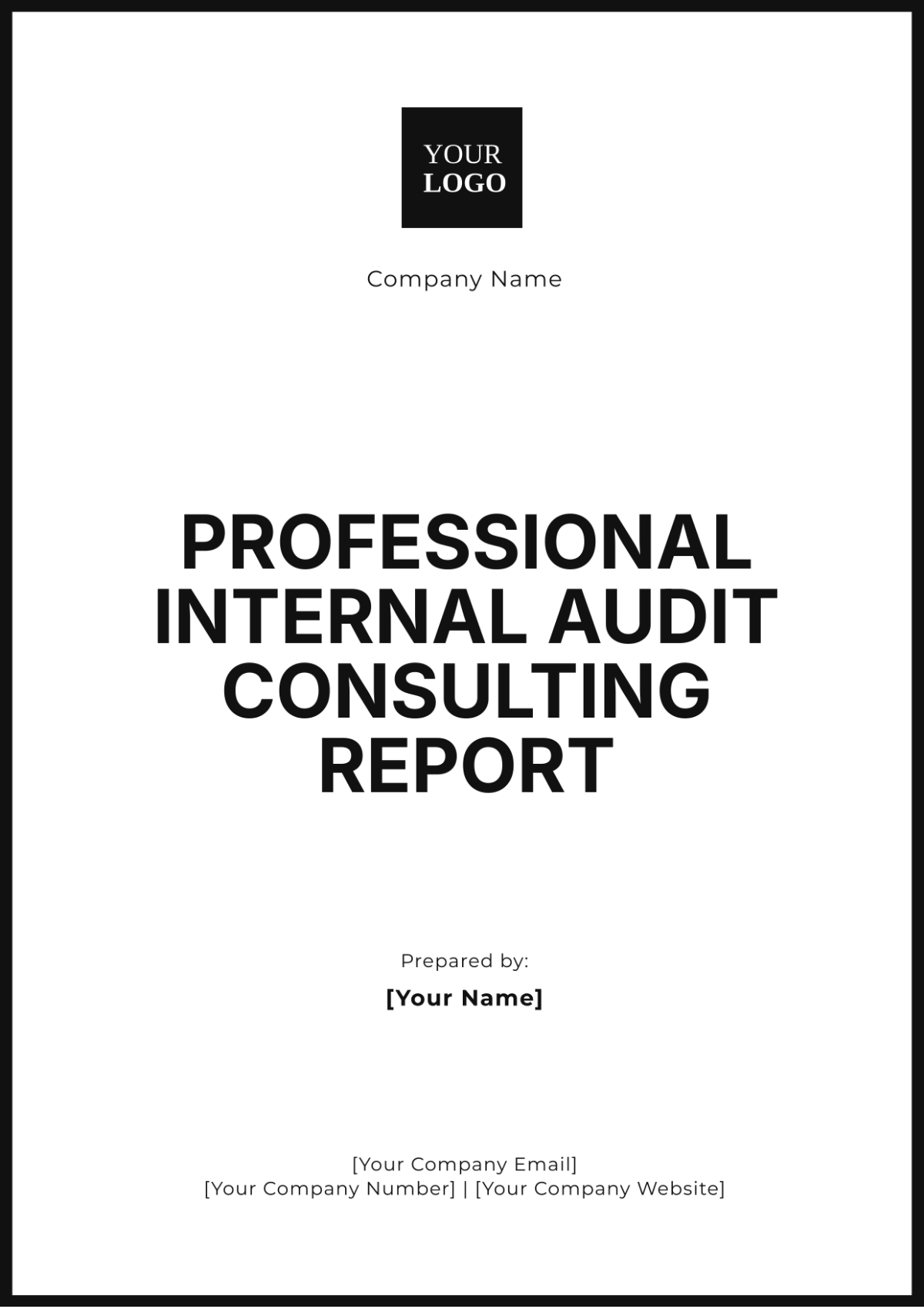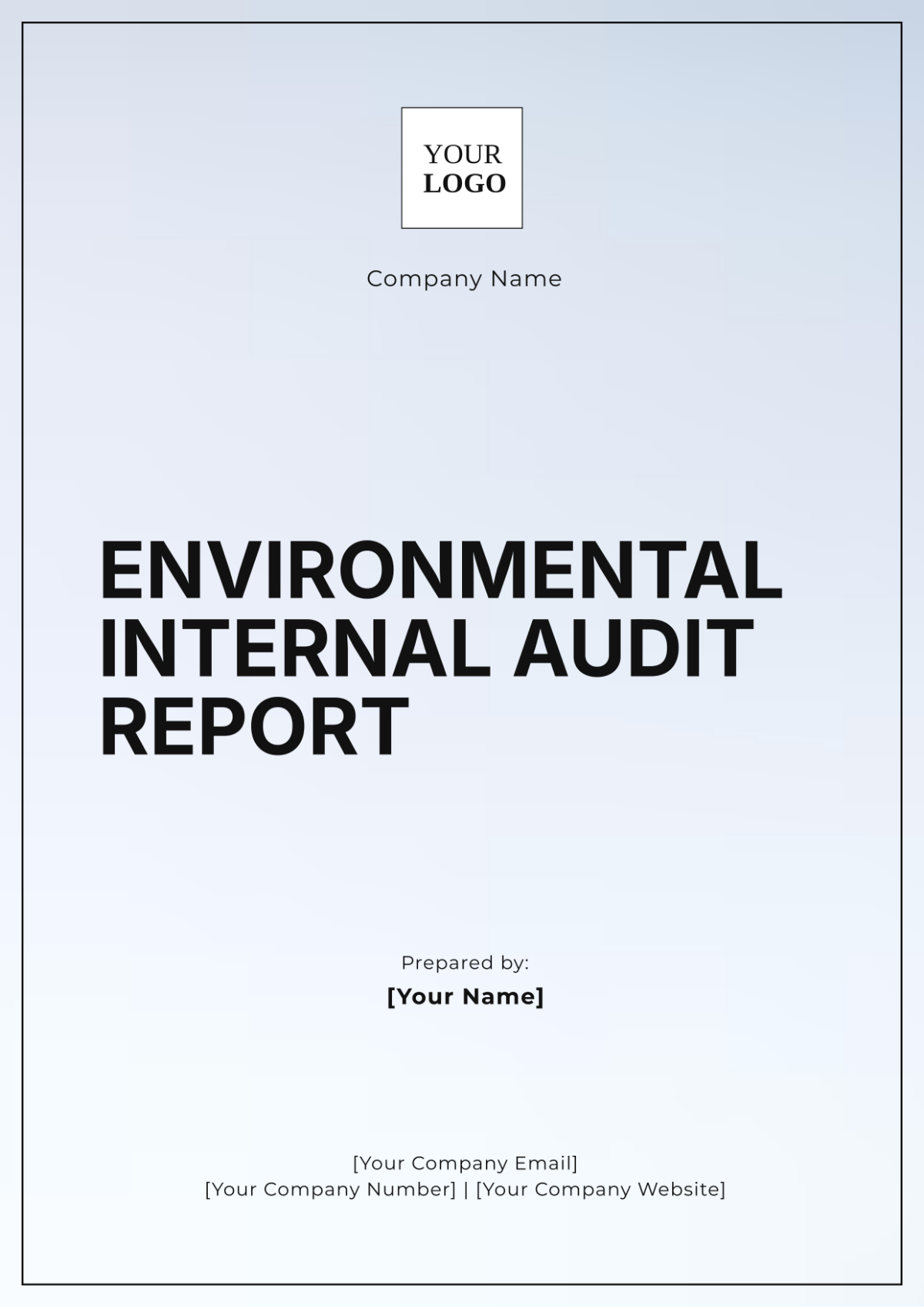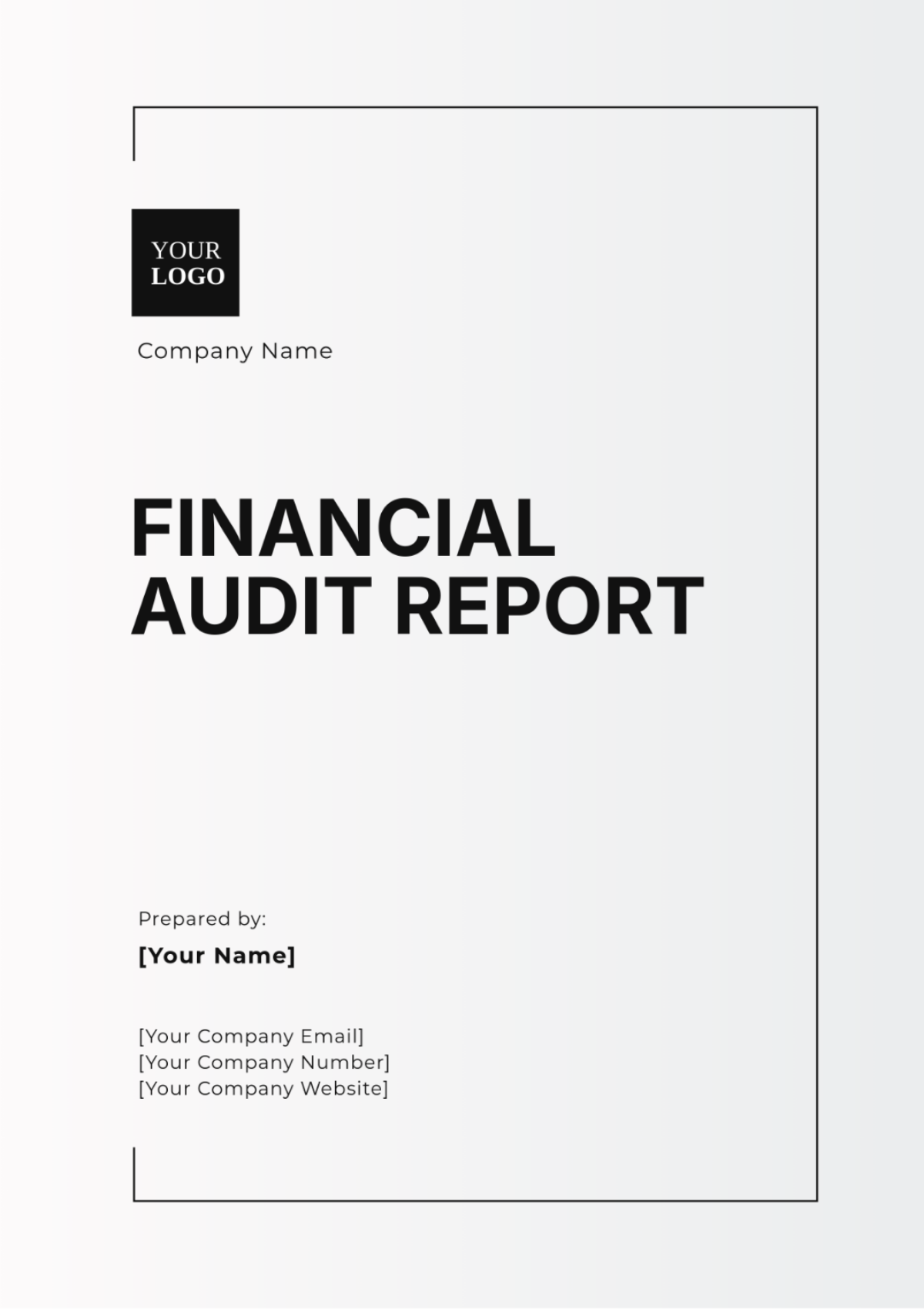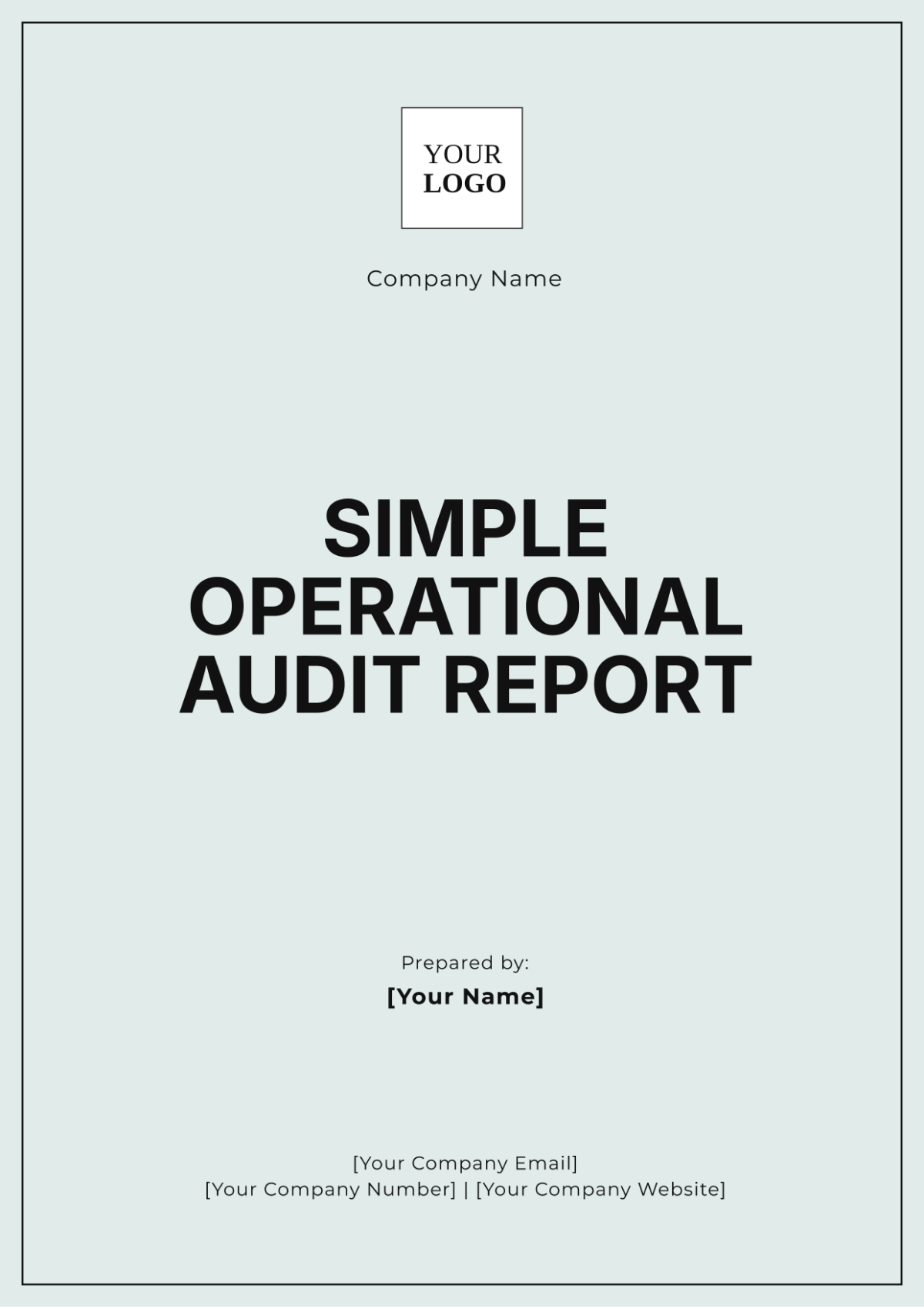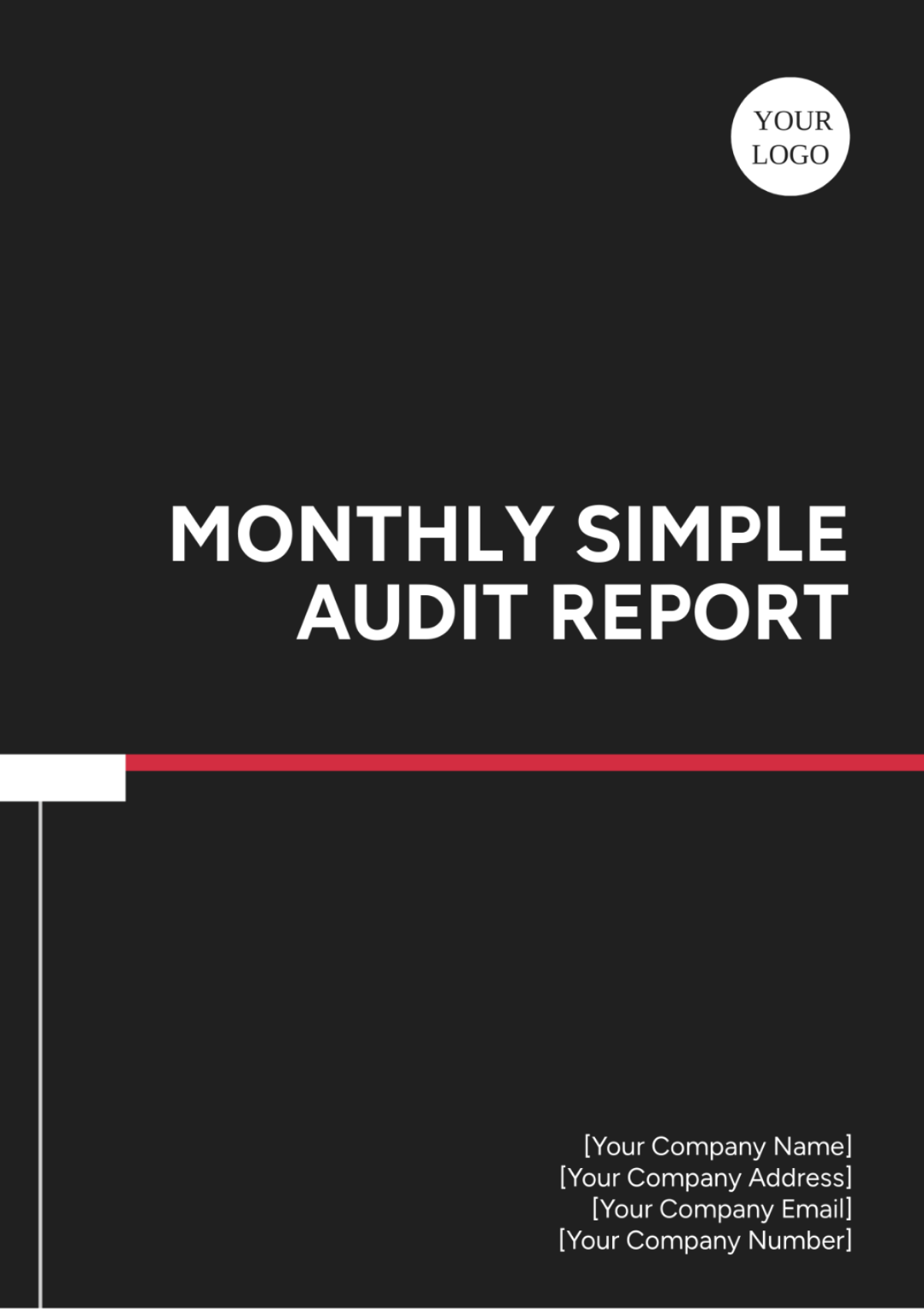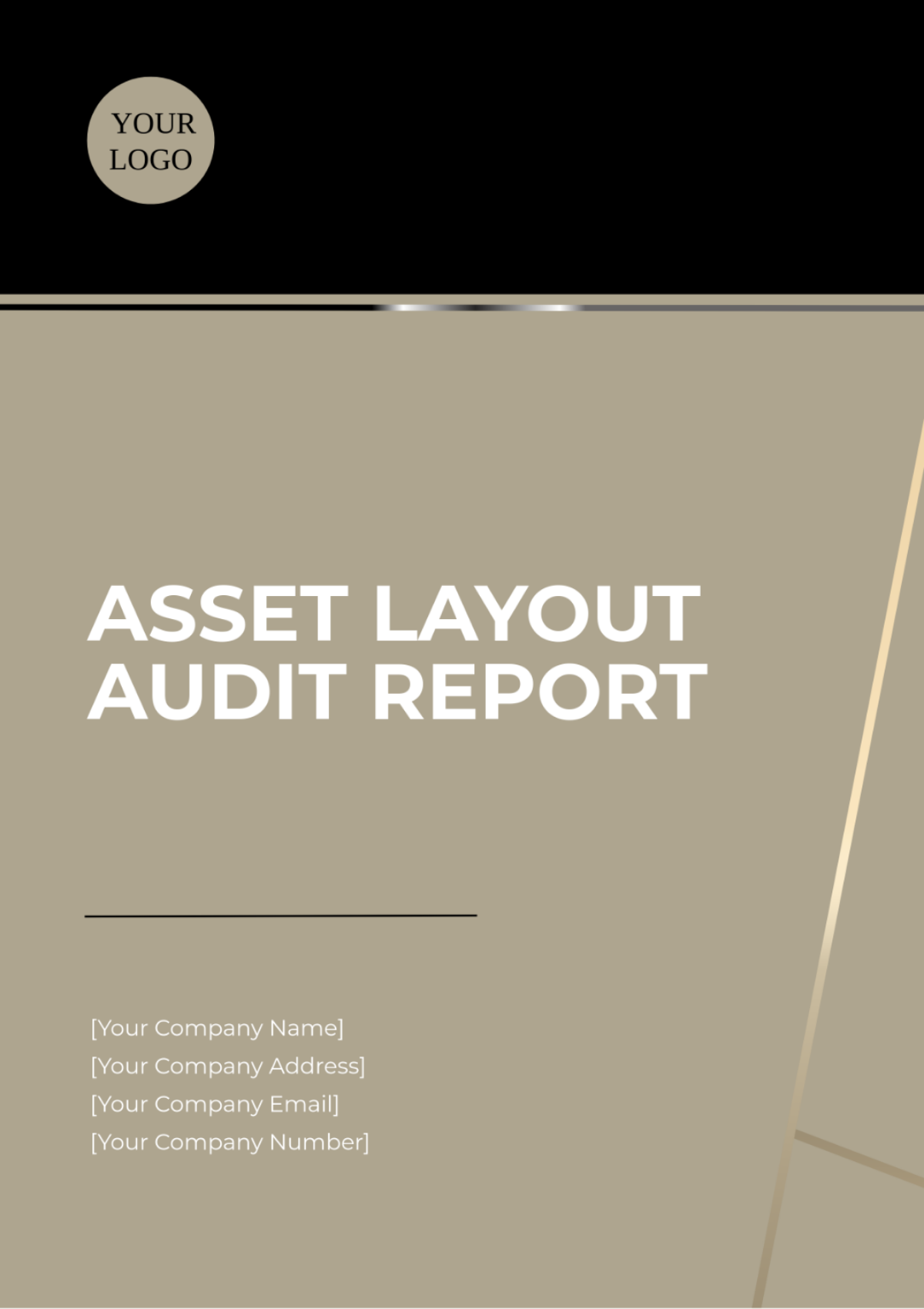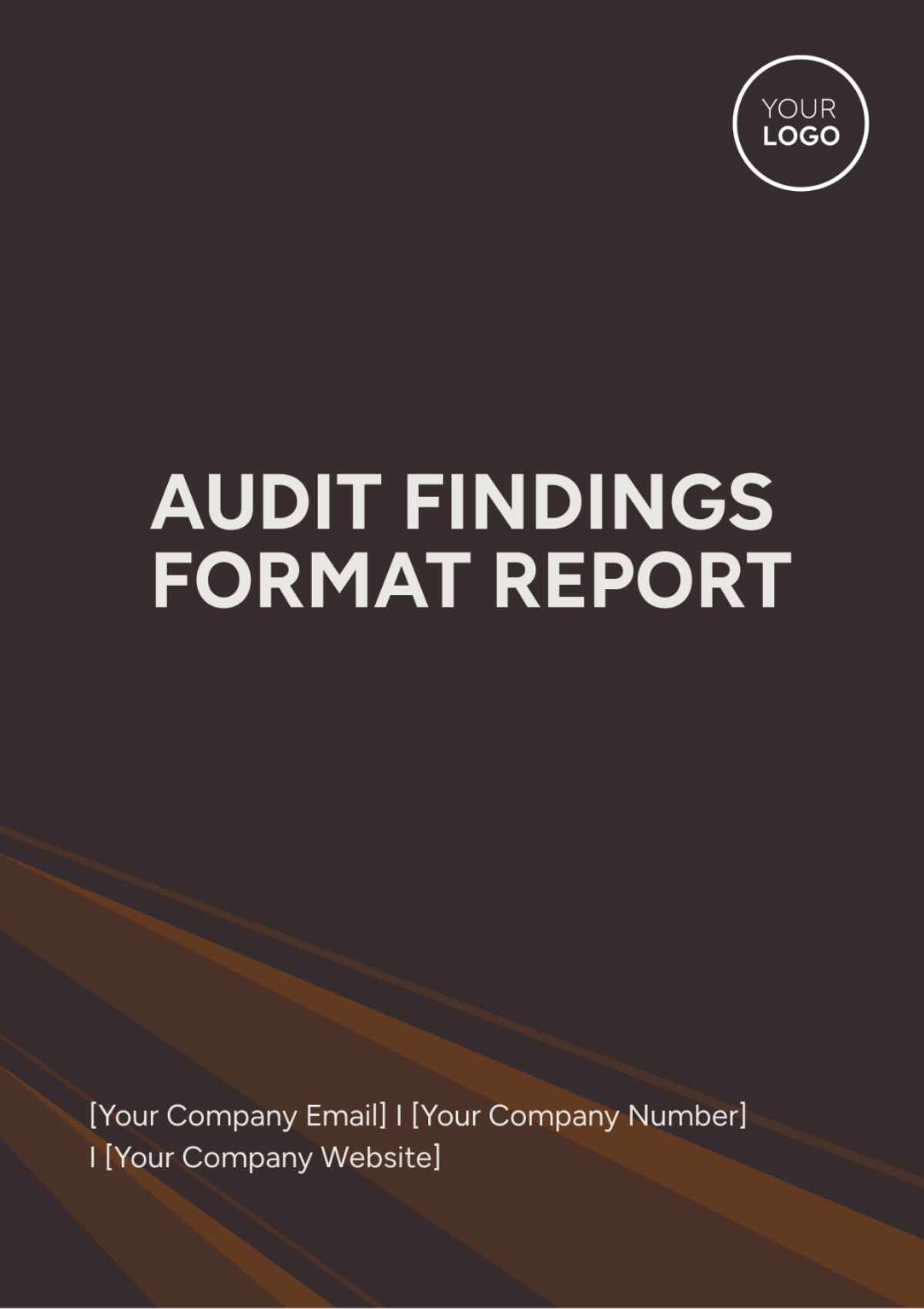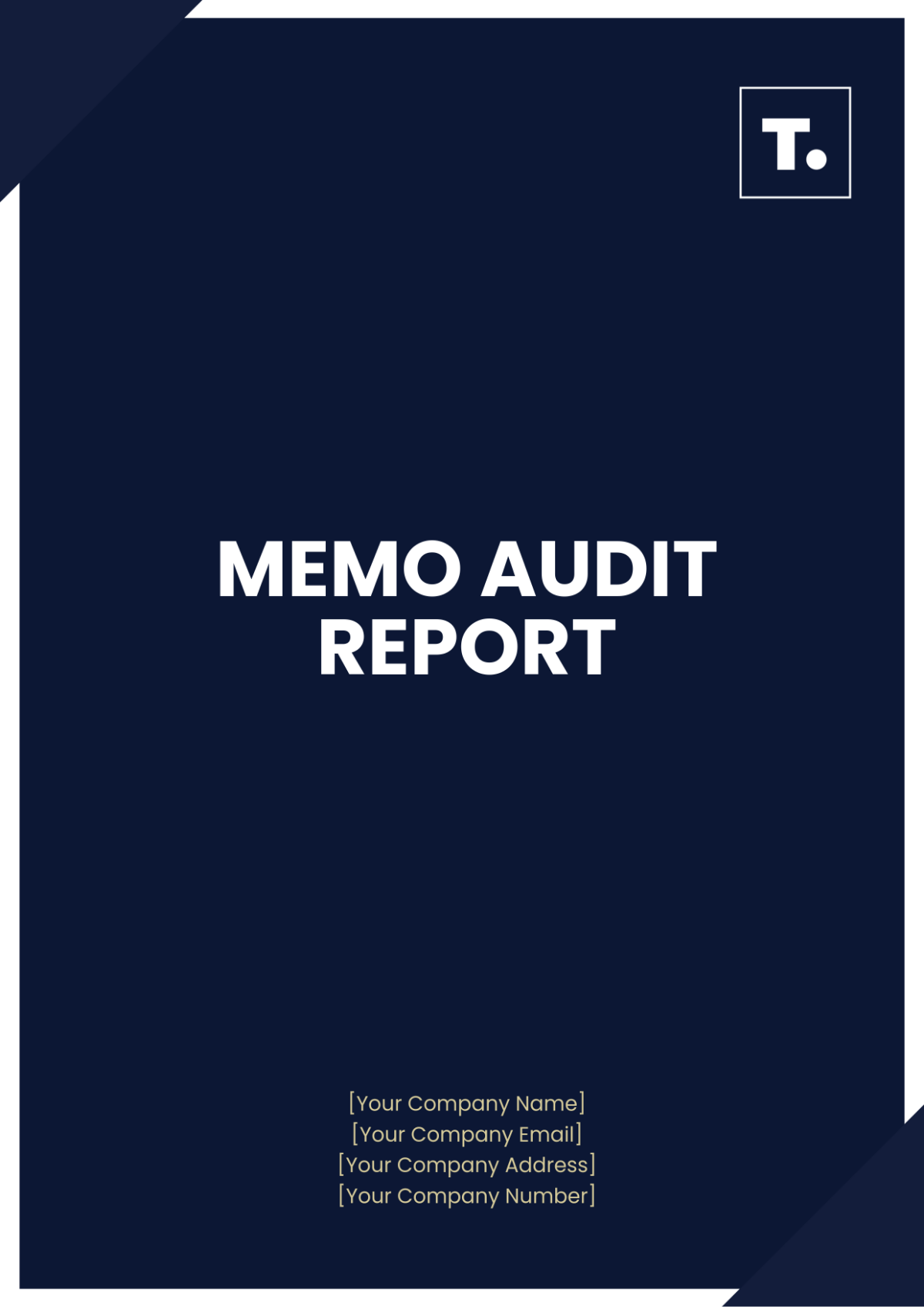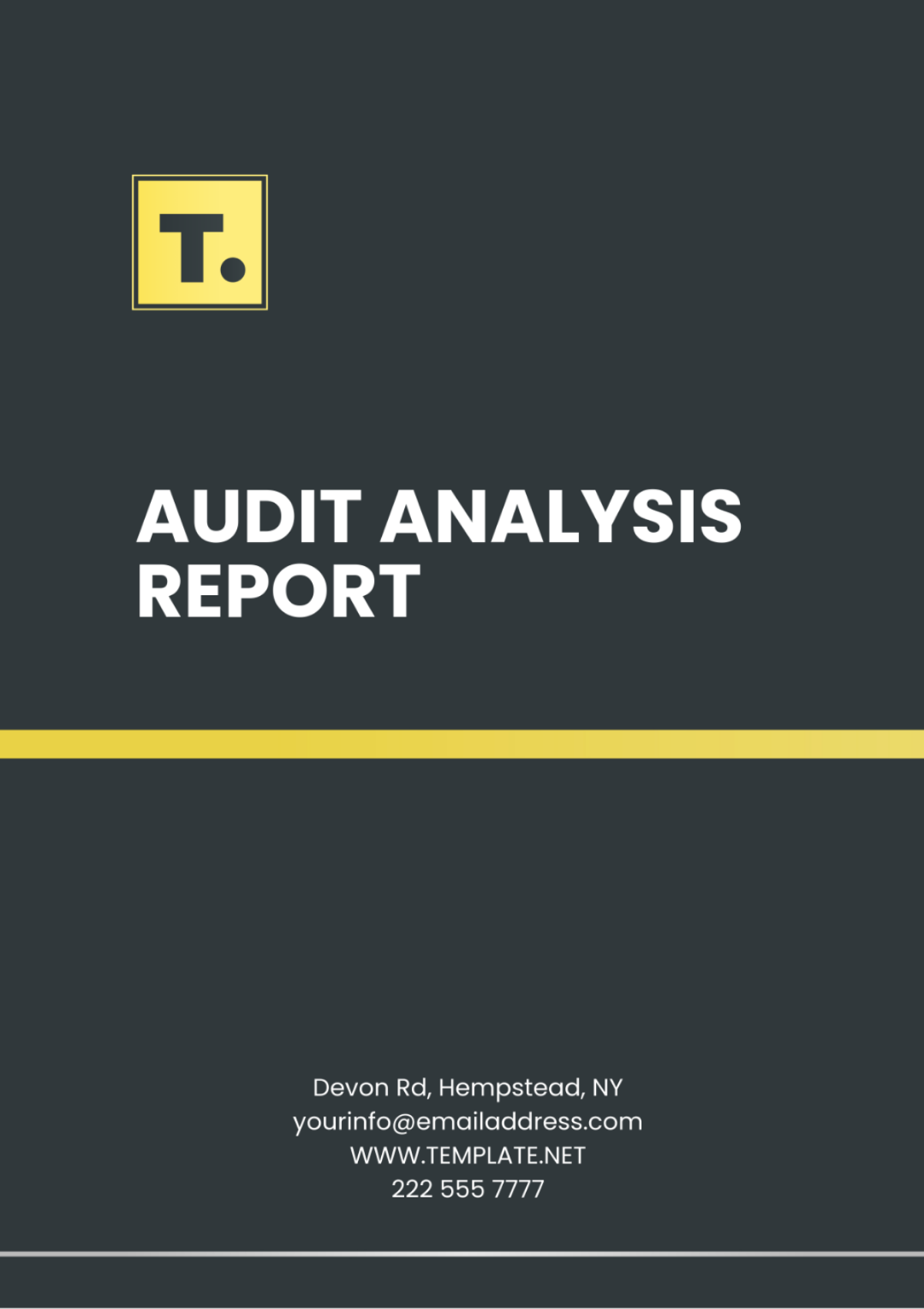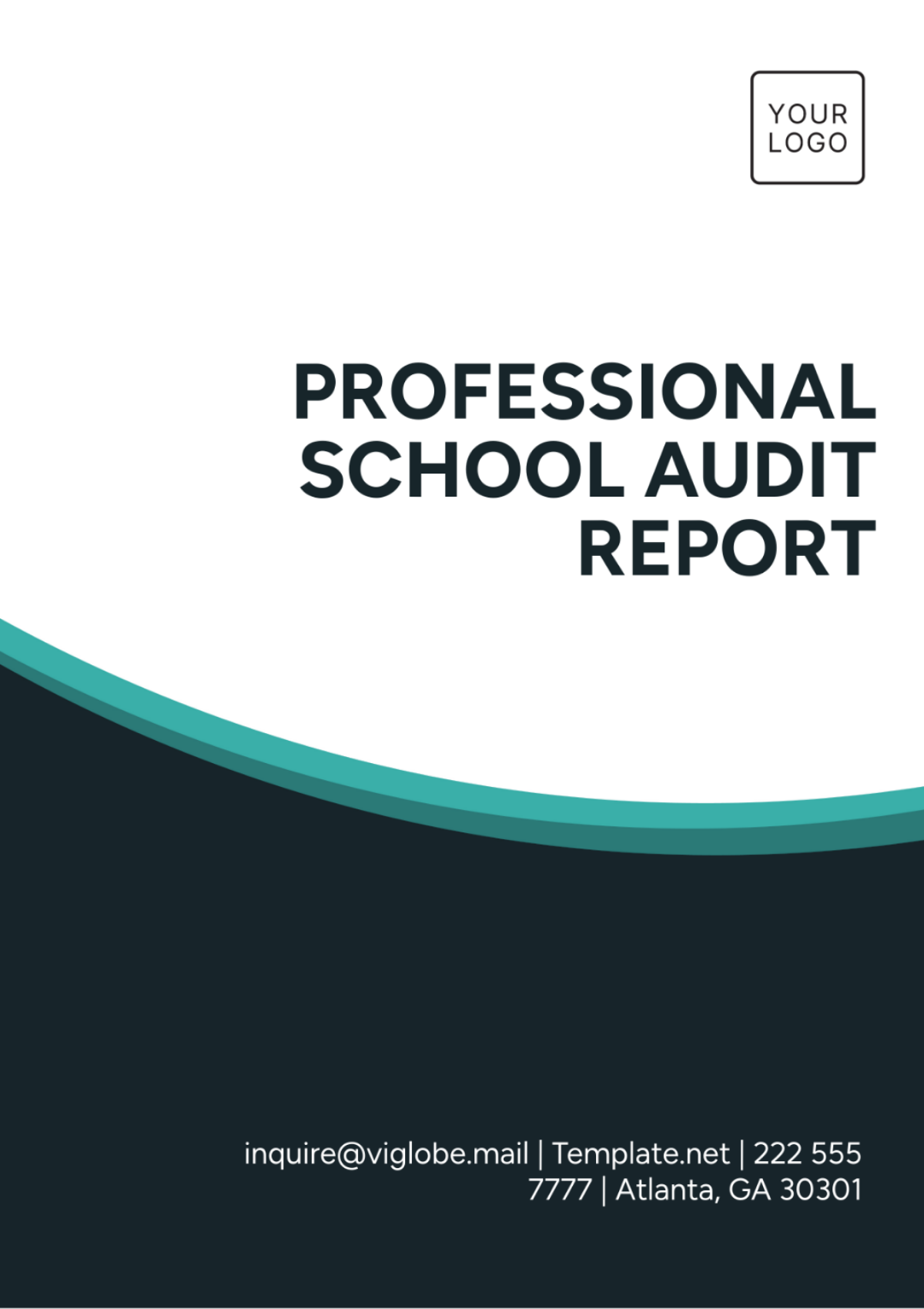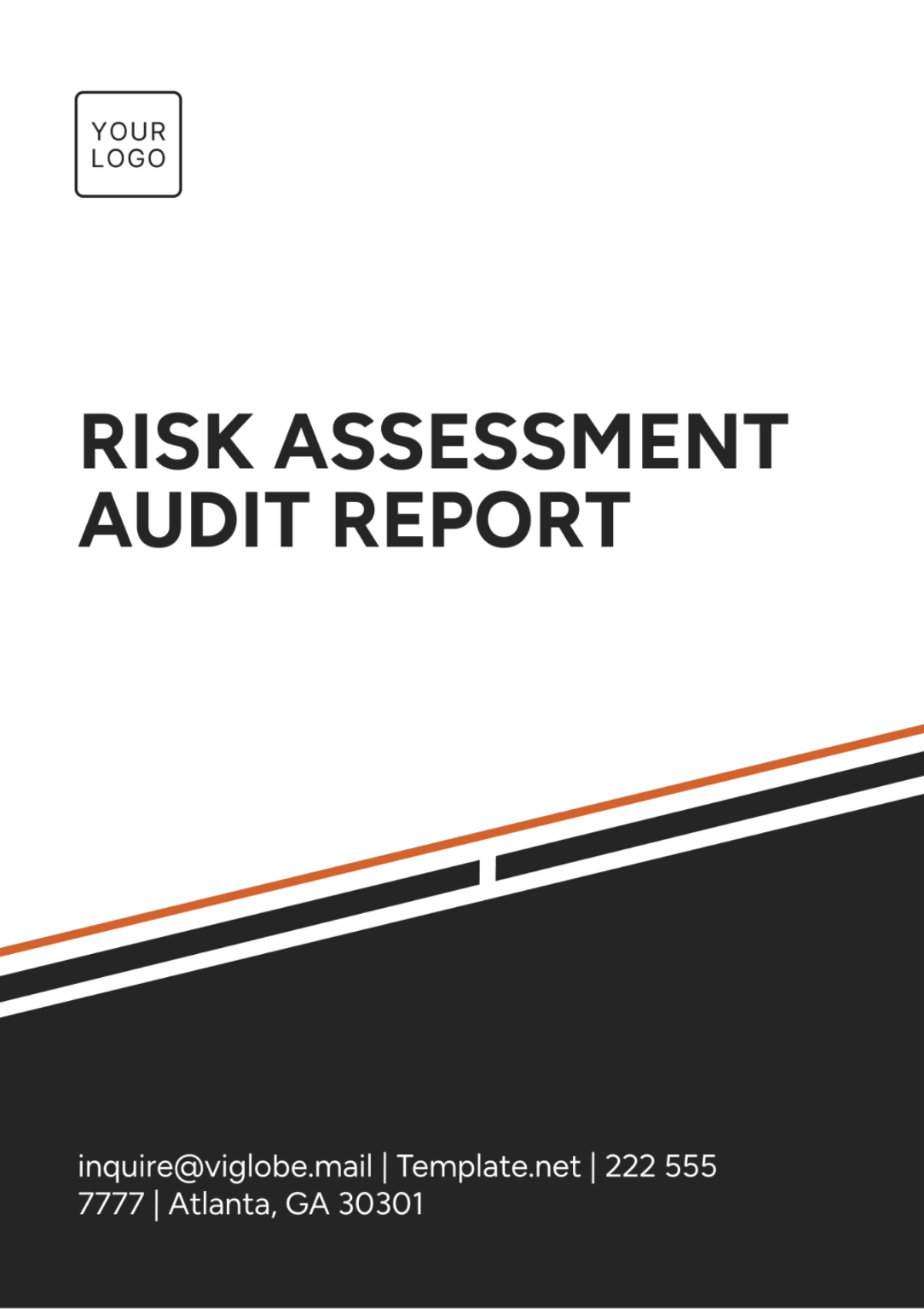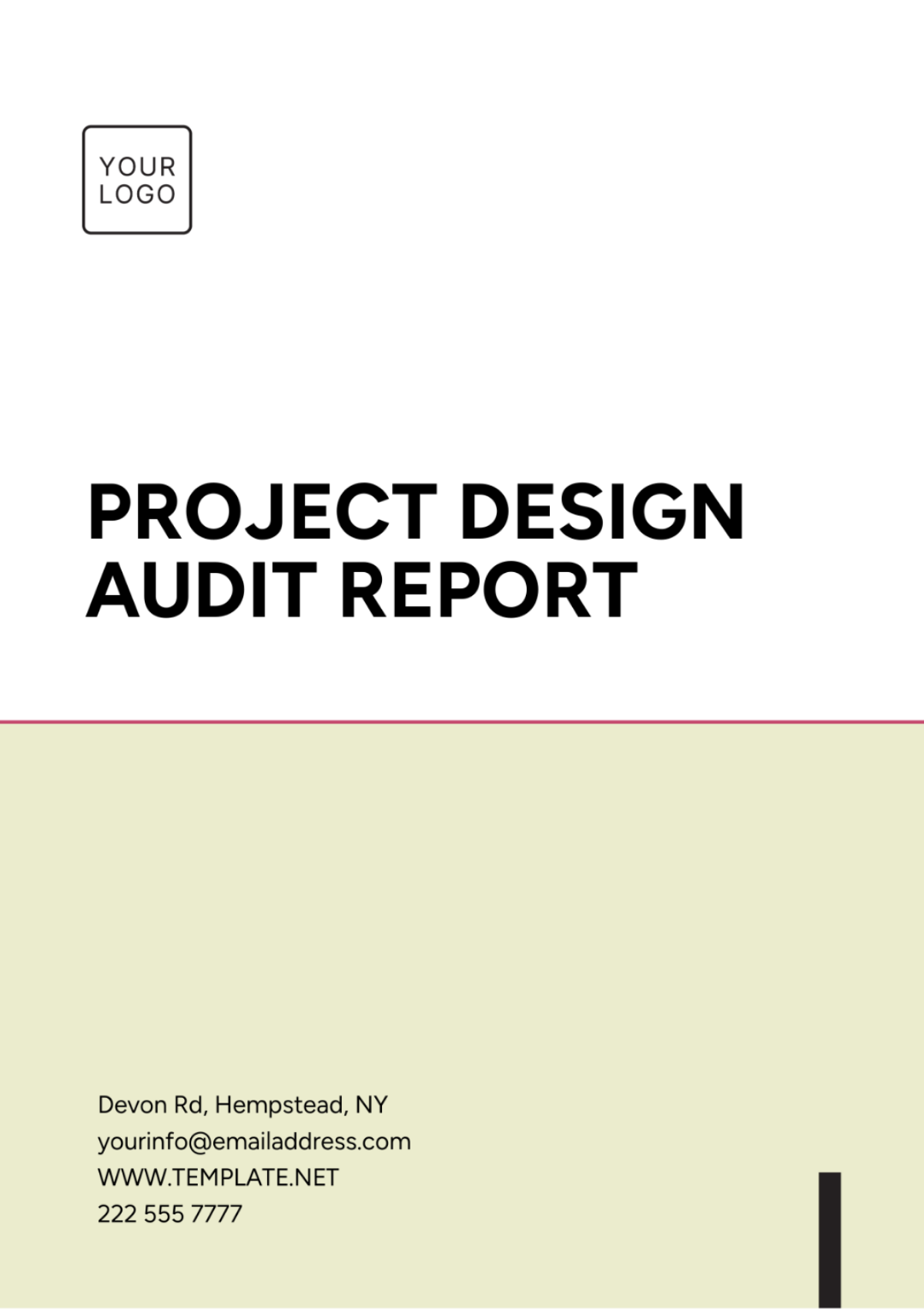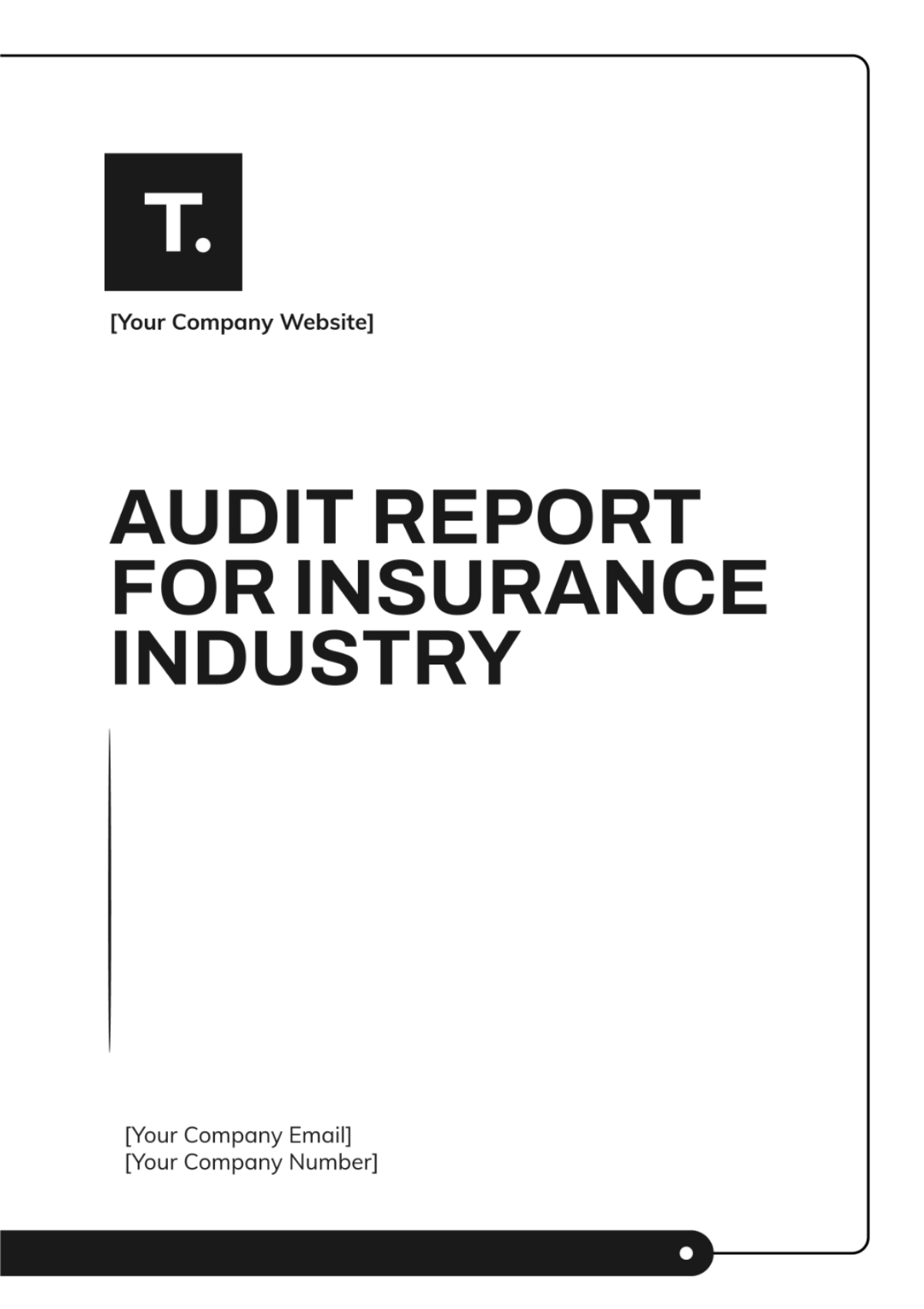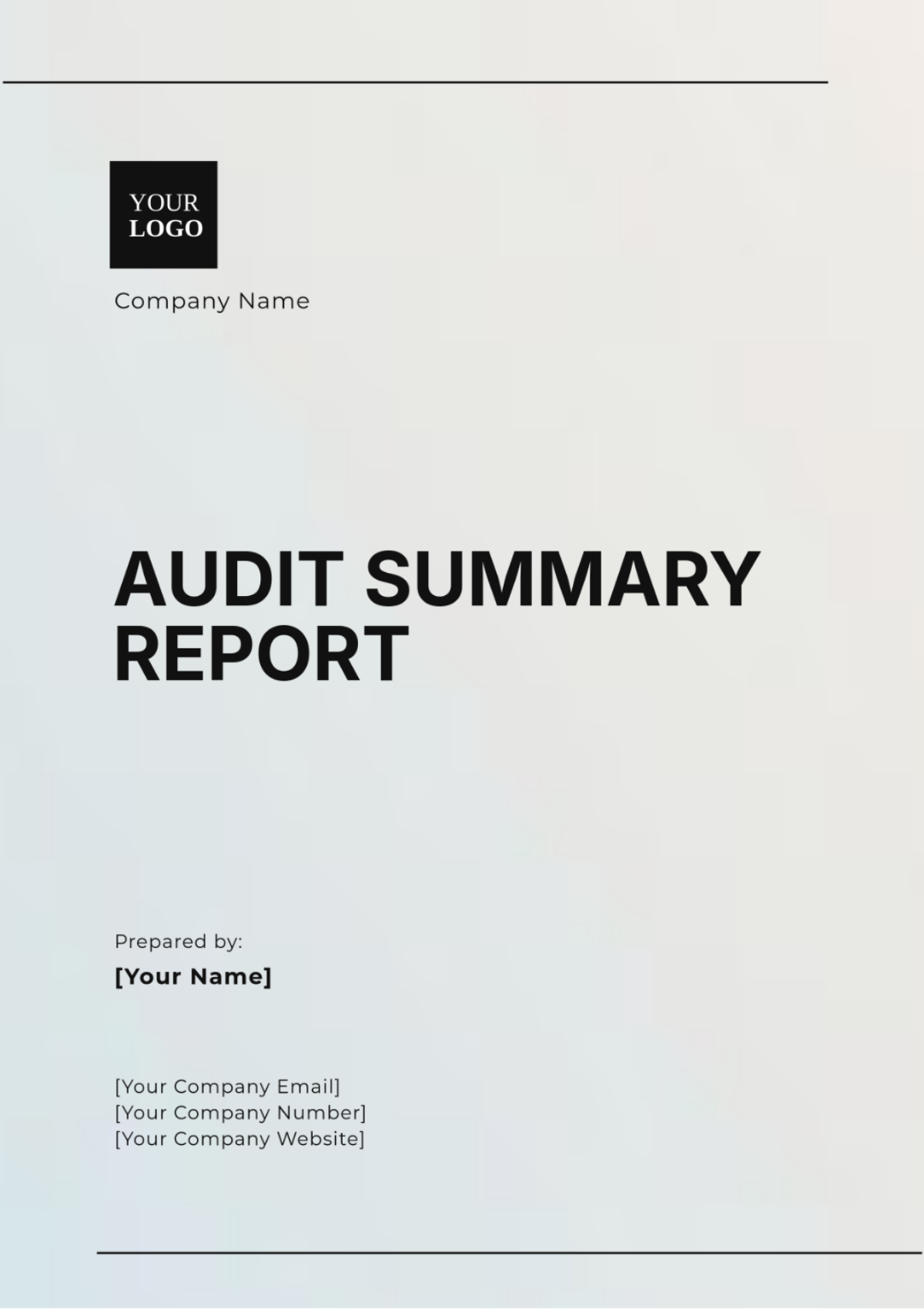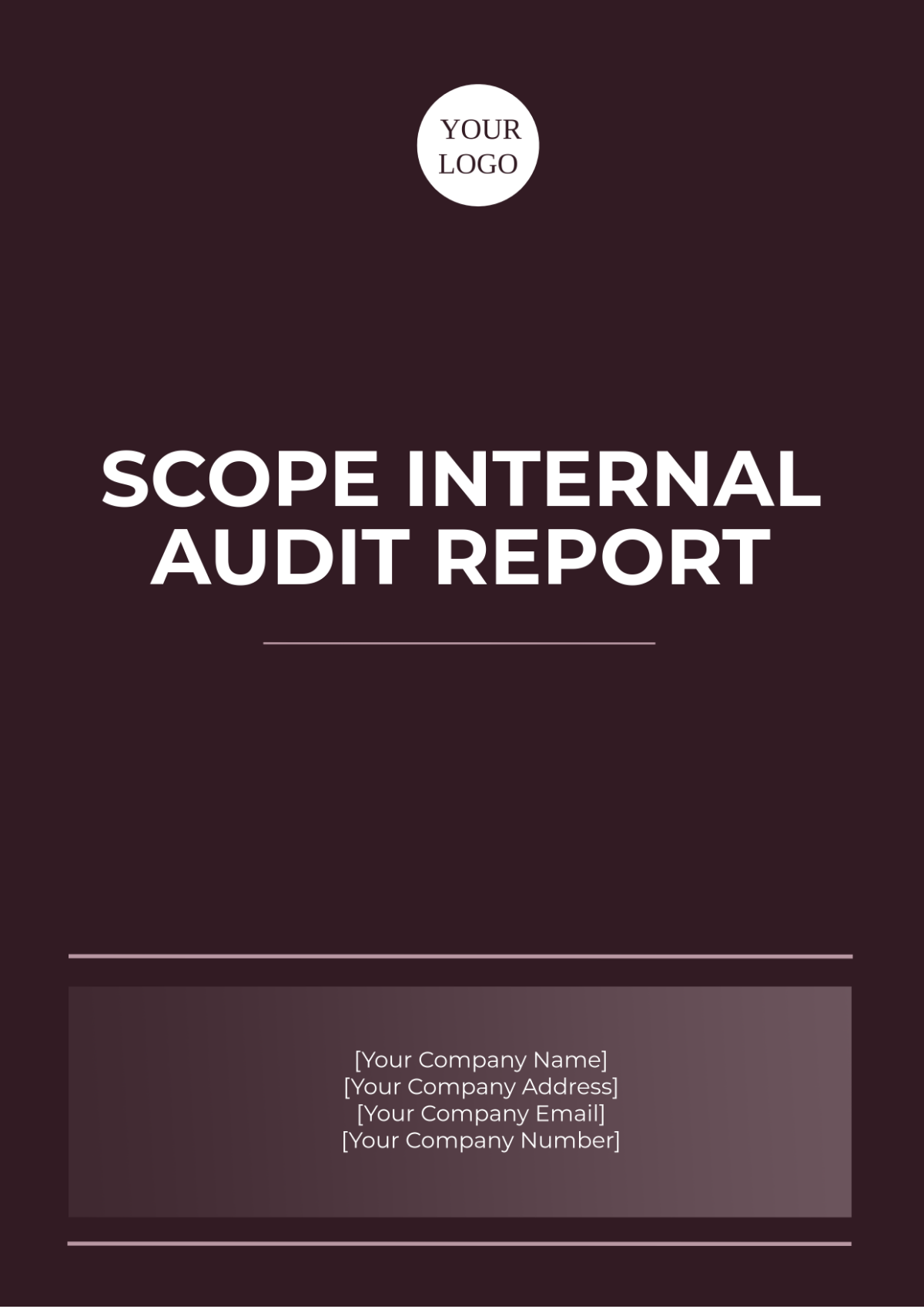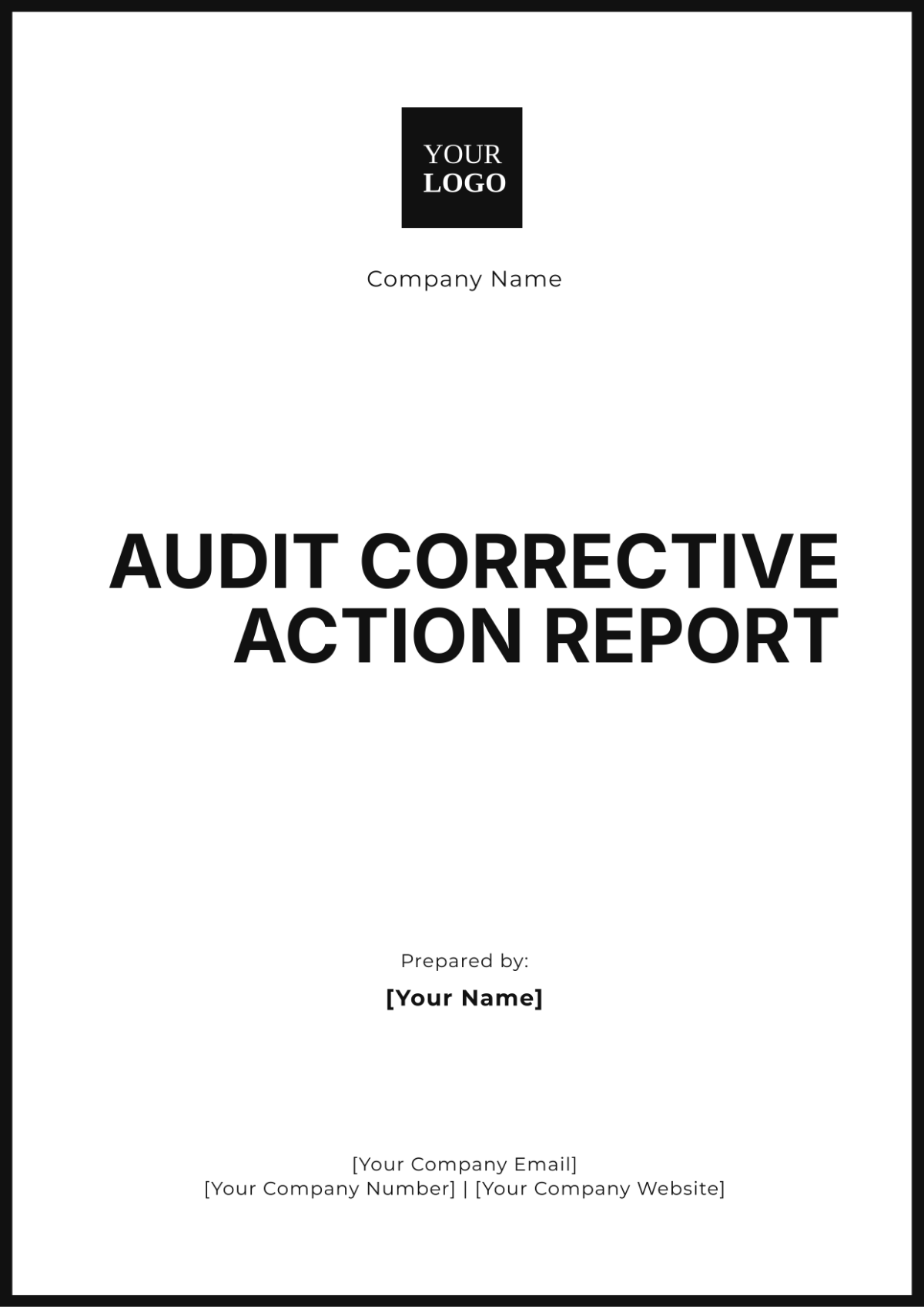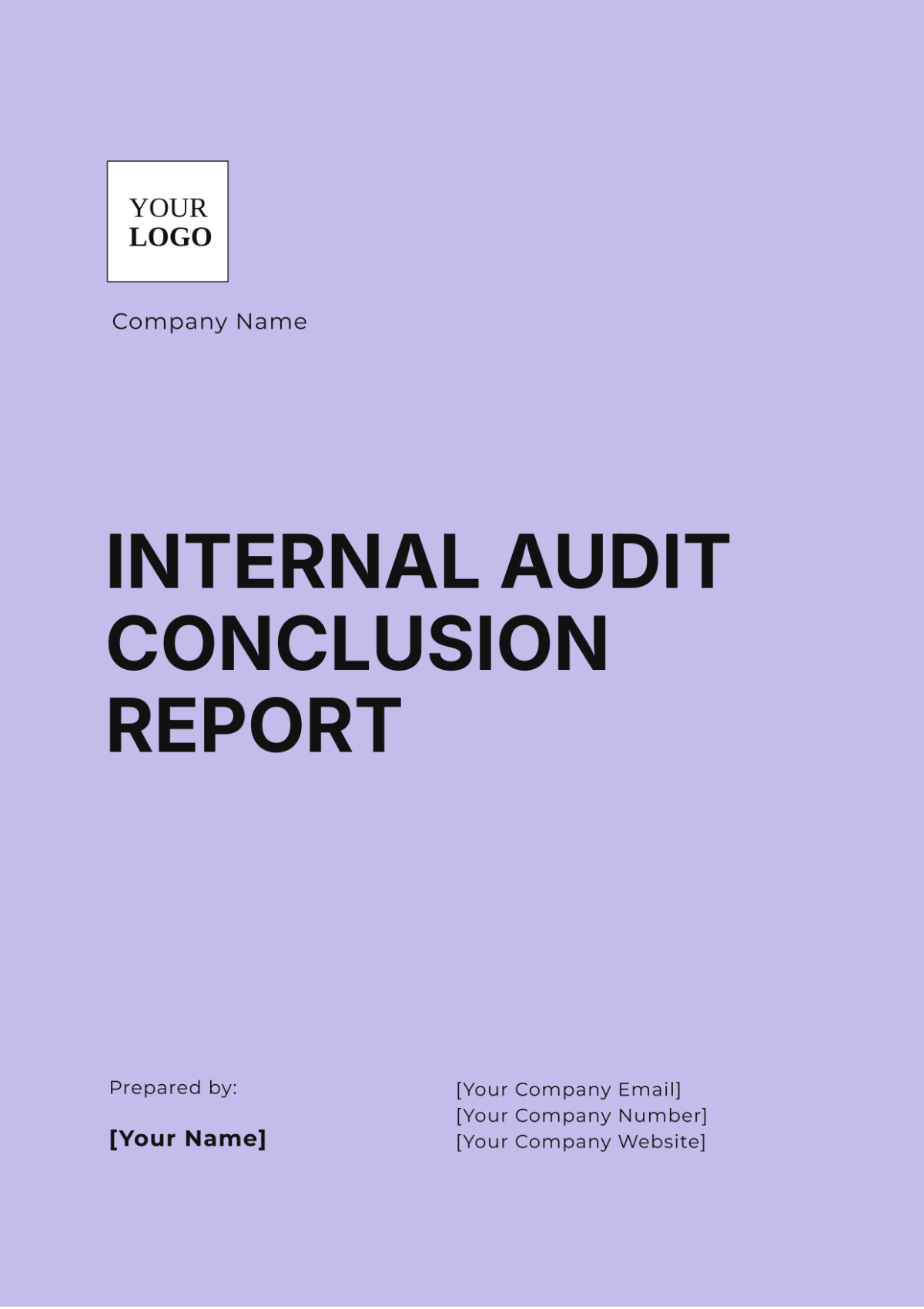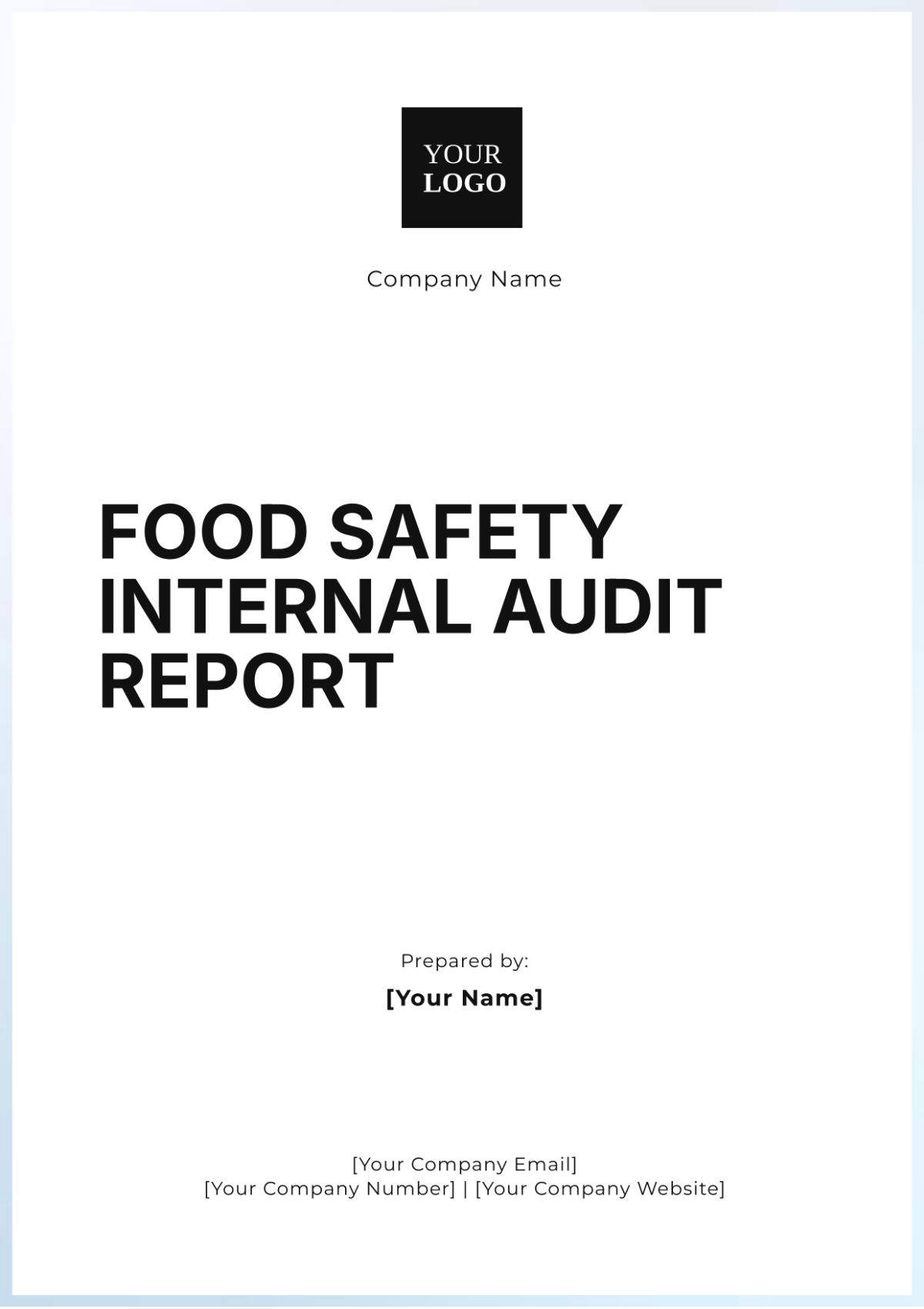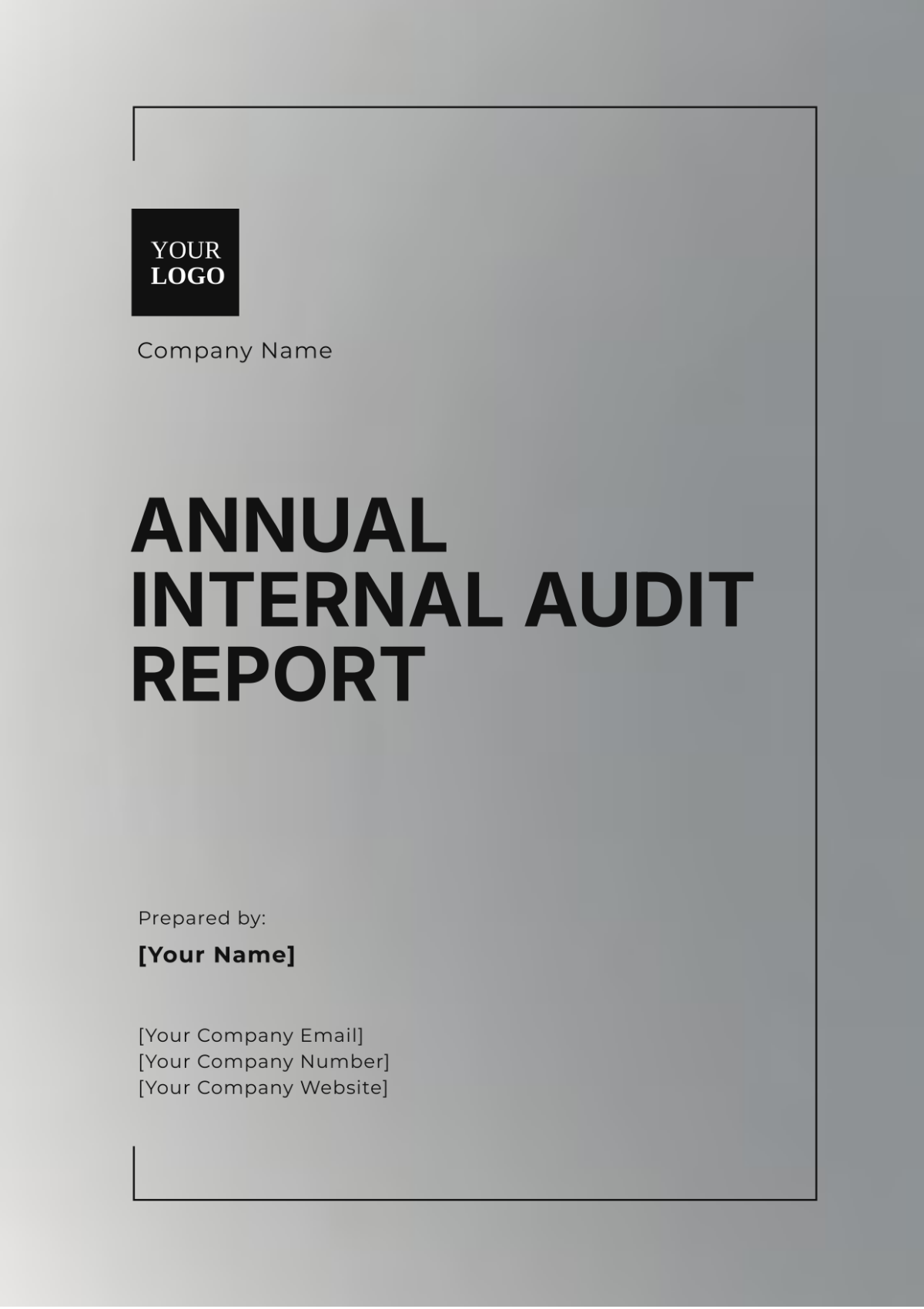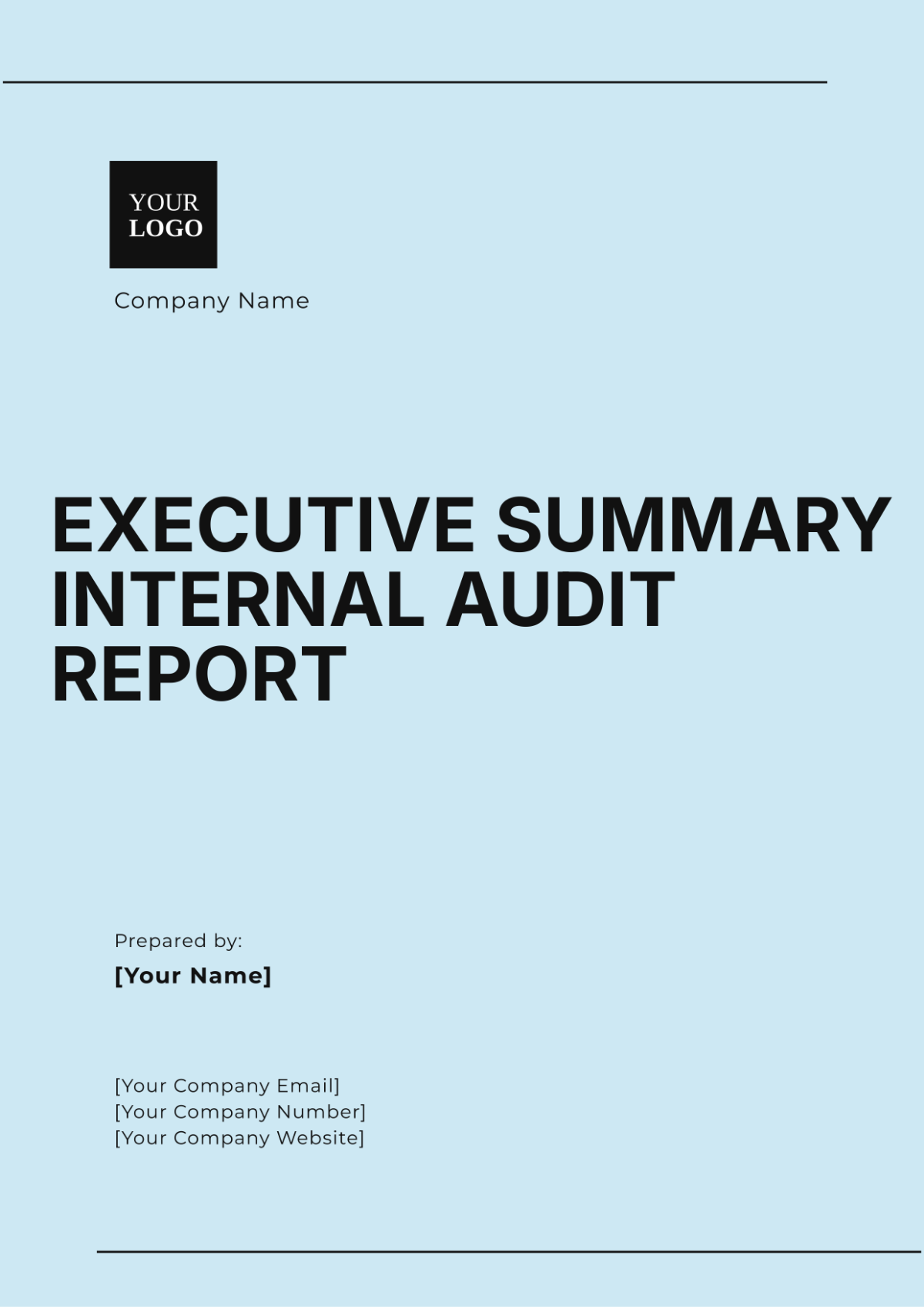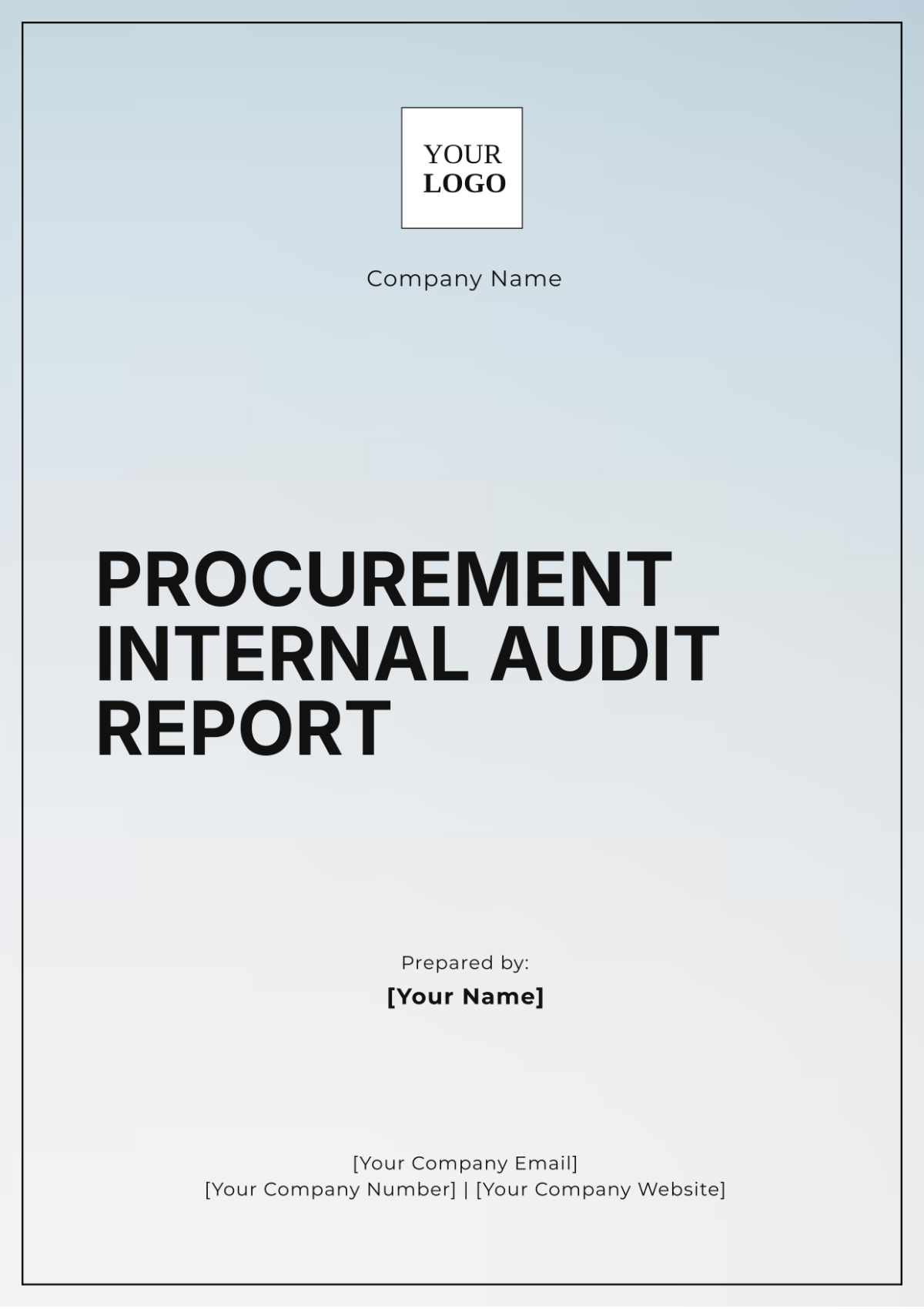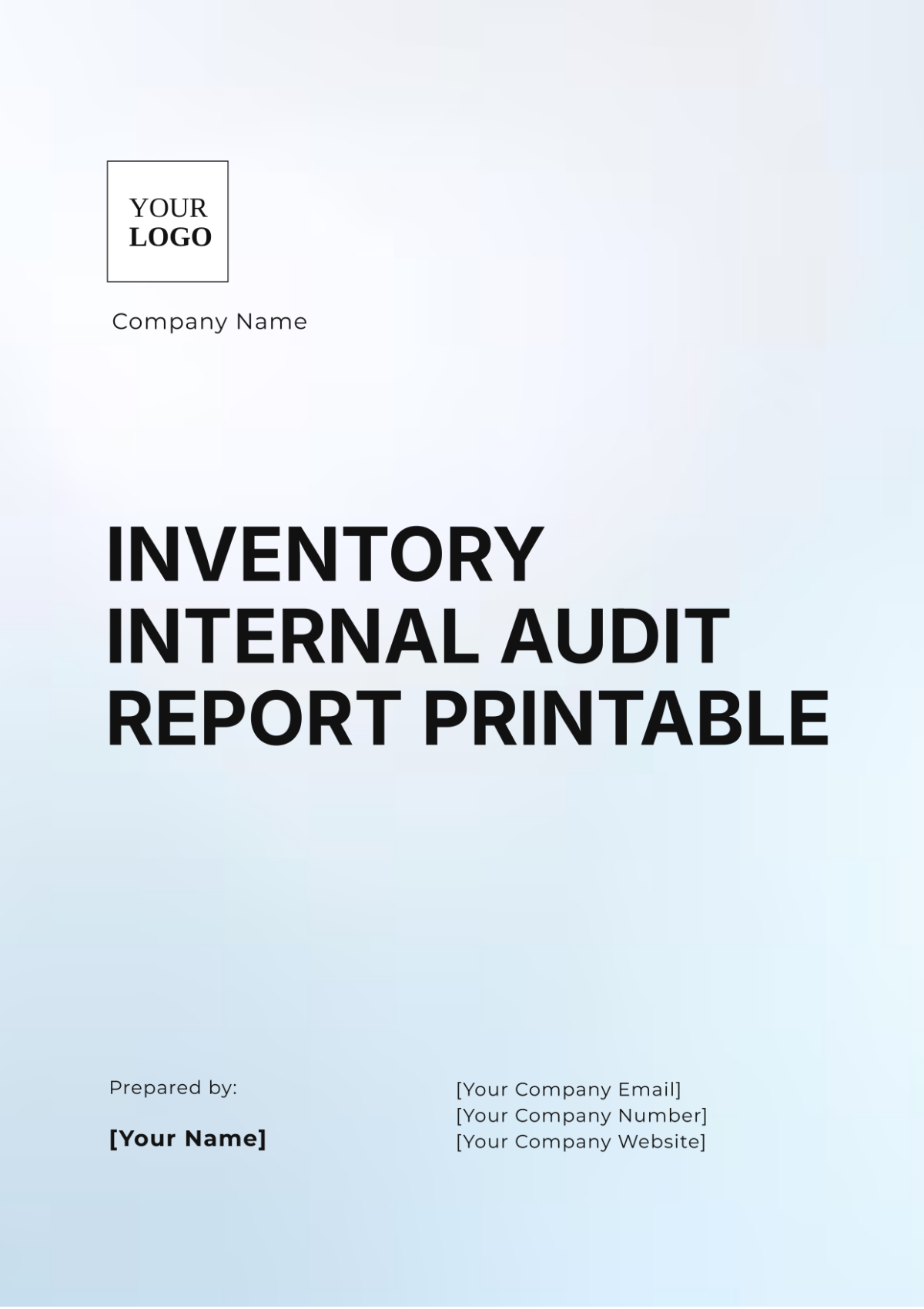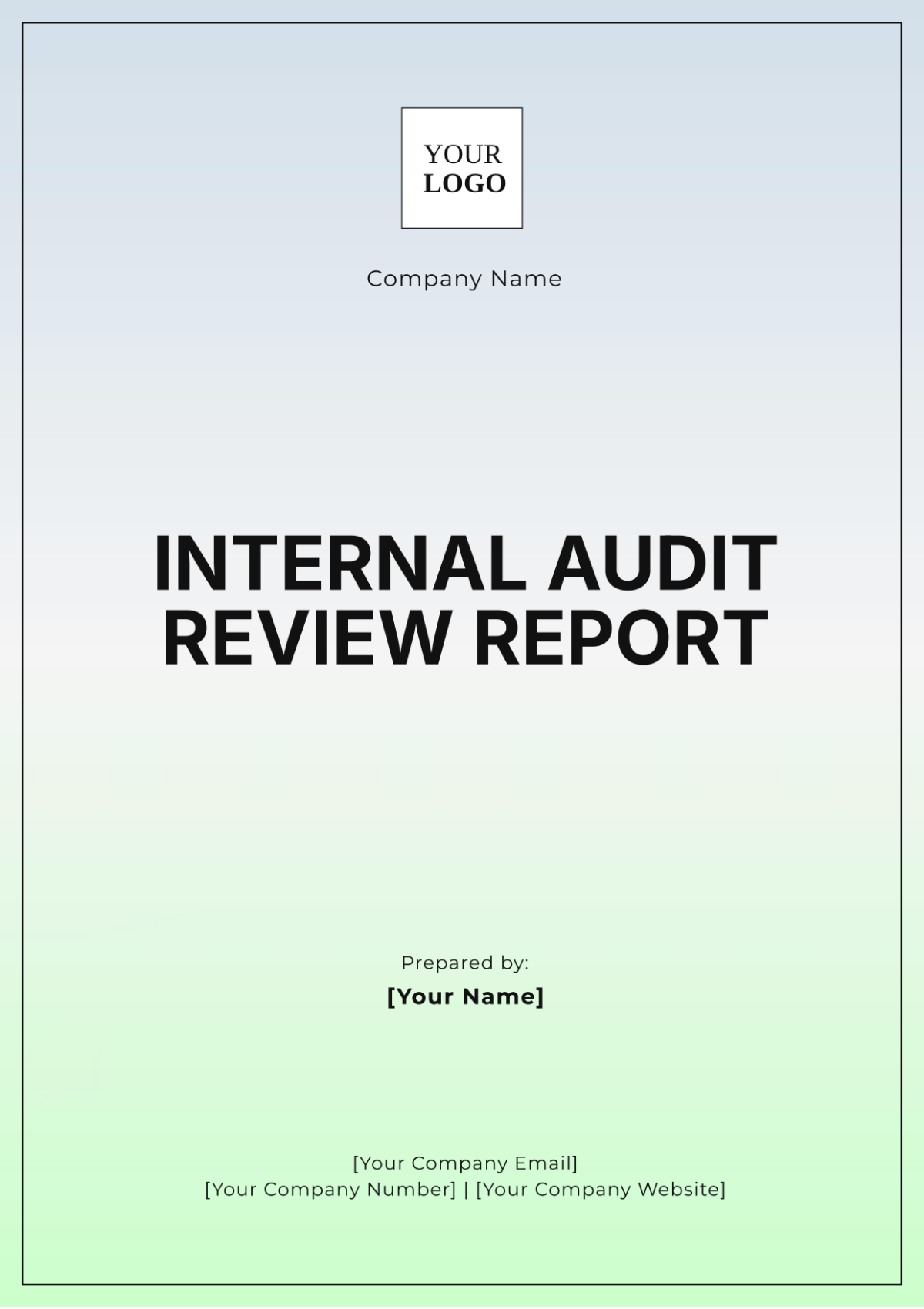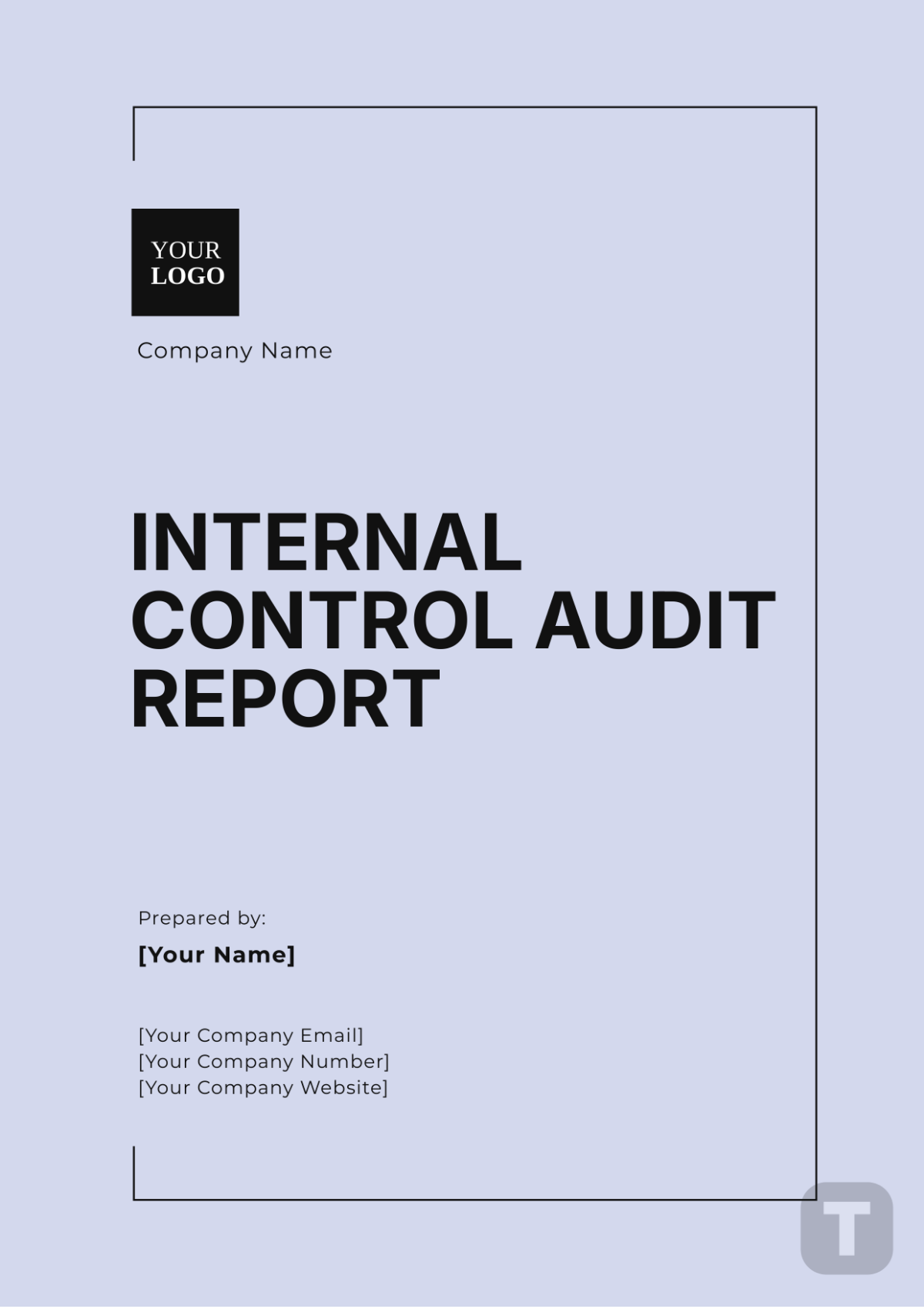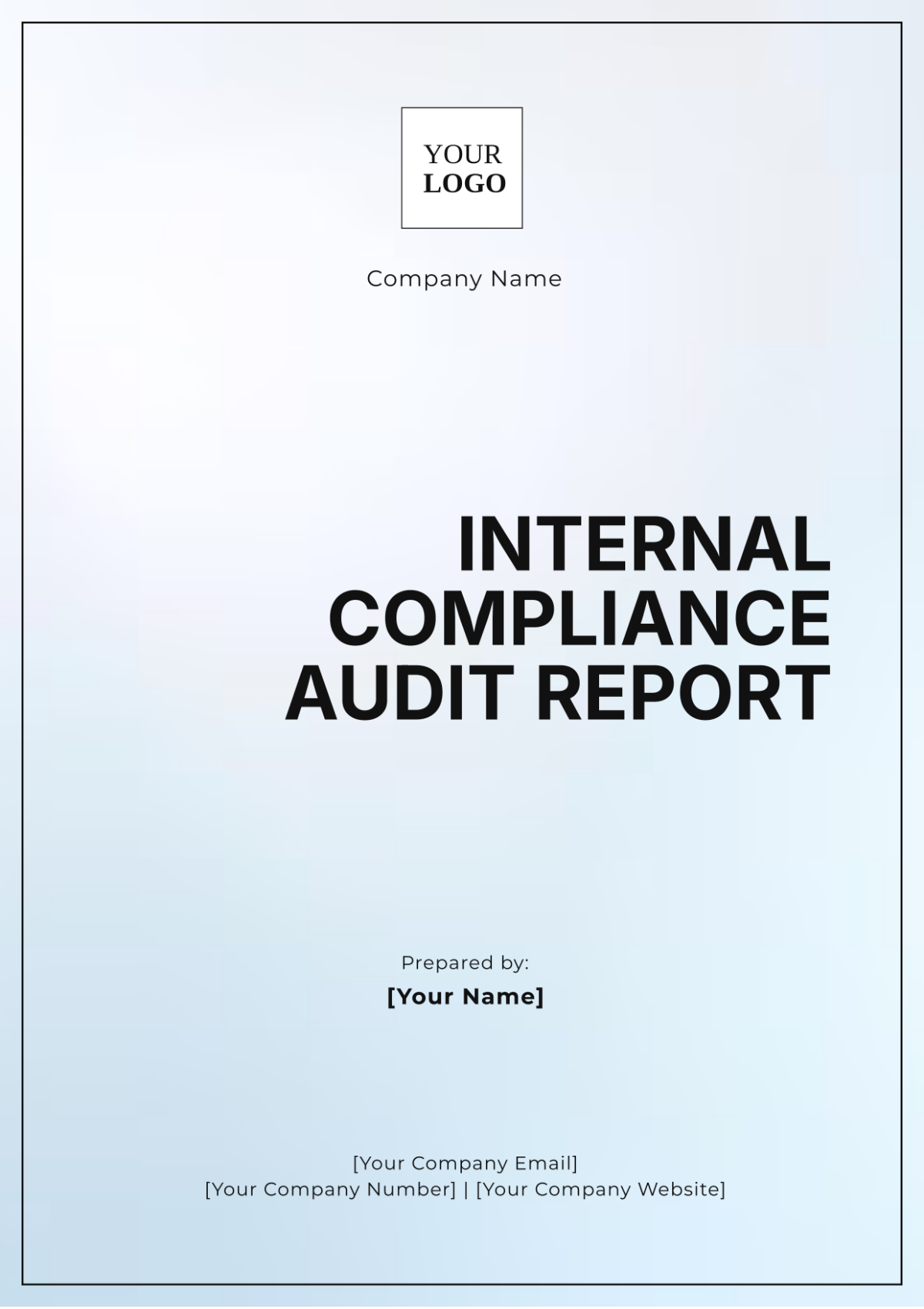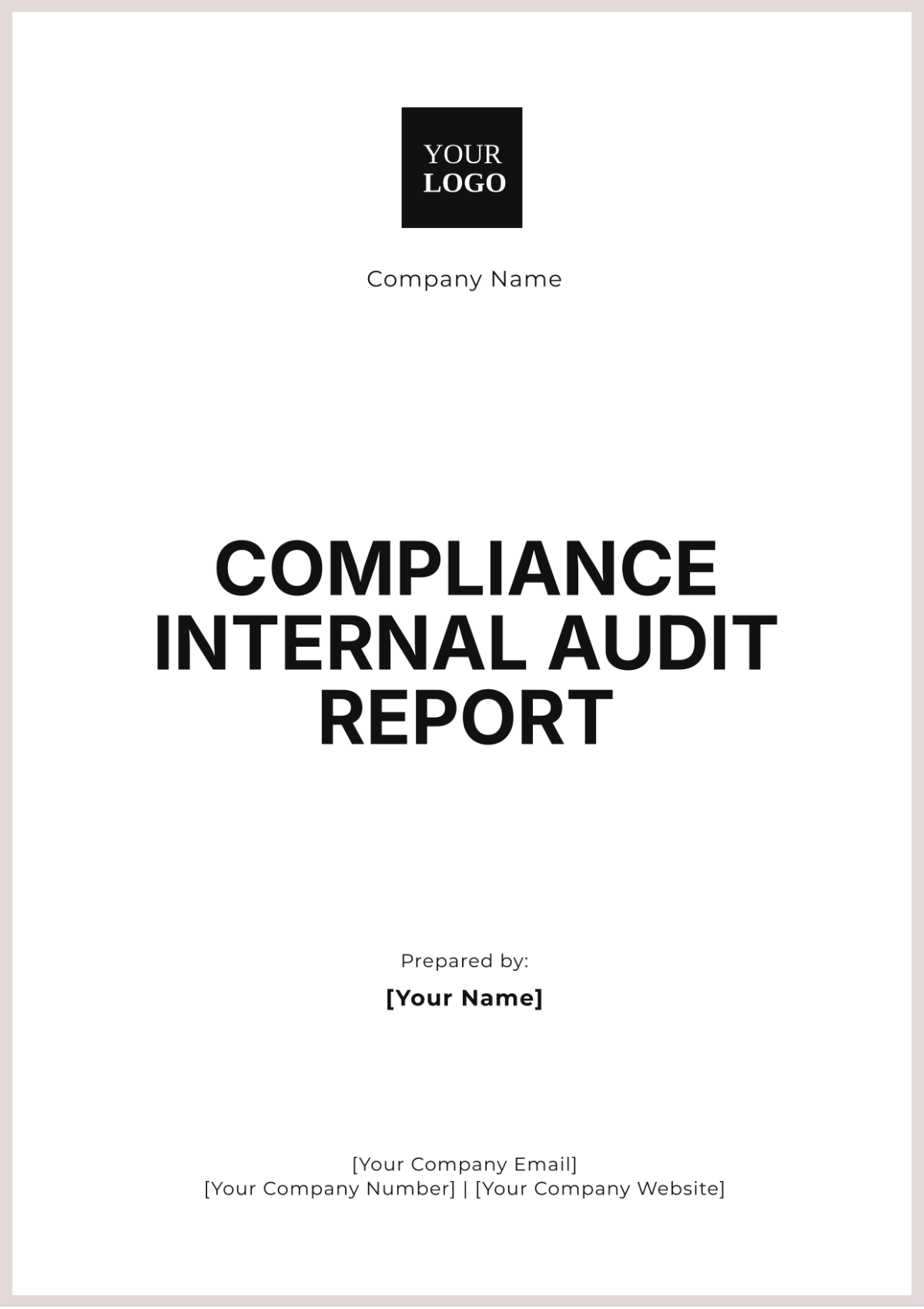Free Cryptocurrency Audit Report Template
Cryptocurrency Audit Report
I. Introduction
This report provides a comprehensive audit of cryptocurrency holdings, transactions, and protocols for the fiscal year ending 2053. The audit aims to ensure the accuracy and transparency of cryptocurrency activities conducted by [Your Company Name]. As the digital asset landscape continues to evolve, it is essential for companies engaging in cryptocurrency transactions to remain compliant with U.S. federal and state regulations, as well as maintain best practices for security and operational integrity.
The purpose of this audit is to evaluate the financial health, accuracy, and regulatory compliance of [Your Company Name]'s cryptocurrency portfolio, including all relevant protocols and transactions. We aim to verify that all assets are accounted for correctly, that proper internal controls are in place, and that security measures are up to industry standards. This audit serves as a tool for stakeholders to ensure that the company’s cryptocurrency activities meet legal requirements, safeguard assets, and provide full transparency to investors and regulatory bodies.
II. Scope of the Audit
The scope of this cryptocurrency audit includes the following areas:
Verification of cryptocurrency holdings
Review of transactional integrity and compliance
Evaluation of security protocols and risk management
Assessment of regulatory compliance
III. Verification of Cryptocurrency Holdings
A. Methodology
The verification of cryptocurrency holdings involved an independent reconciliation of wallet balances, examination of transaction history, and validation against decentralized ledger records. This process used blockchain explorers and third-party verification tools.
B. Findings
The table below summarizes the cryptocurrency holdings verified in this audit:
Cryptocurrency | Wallet Address | Balance | Value (USD) |
|---|---|---|---|
Bitcoin (BTC) | 1A1zP1eP5QGefi2DMPTfTL5SLmv7DivfNa | 50.00 | $2,000,000 |
Ethereum (ETH) | 0x32Be343B94f860124dC4fEe278FDCBD38C102D88 | 1,200.50 | $4,800,000 |
Ripple (XRP) | rP3V9ZqEmB726yF2qIPtMgQWJBCjoK9Rgt | 5,000,000 | $1,500,000 |
C. Conclusion
All holdings have been verified and are consistent with the balances recorded on corresponding blockchain networks. The valuation is based on the market rates as of the report date.
IV. Transactional Integrity and Compliance Review
The transactional integrity and compliance review focuses on assessing the accuracy, transparency, and security of [Your Company Name]'s cryptocurrency transactions. This section outlines the methodology used to audit the data, key findings from the analysis, and the final conclusions regarding compliance with both internal and external regulations.
Methodology | We conducted a thorough examination of all transactional data, ensuring its completeness and accuracy. This review encompassed detailed audit trails for transactions including sends, receives, and trades across multiple cryptocurrency exchanges. In addition, smart contract interactions were scrutinized where applicable to evaluate their execution and compliance with the terms set forth. Data integrity was maintained by verifying timestamps, addresses, transaction values, and corresponding confirmations. |
Findings | No unauthorized transactions or instances of non-compliance were identified during the review process. Every transaction was traceable from initiation to completion, confirming alignment with [Your Company Name]'s internal policies and procedures. Furthermore, all trades, transfers, and contract interactions met established compliance benchmarks, including KYC/AML requirements, and no irregularities were observed. |
Conclusion | Based on the audit, transactions have been accurately recorded, ensuring alignment with both internal controls and external regulatory requirements. Anomaly detection systems were also reviewed and found to be fully effective in flagging potential issues, offering an additional layer of protection. [Your Company Name] continues to adhere to best practices for securing digital assets and ensuring compliance with U.S. cryptocurrency regulations. |
V. Evaluation of Security Protocols and Risk Management
In this section, we assess the effectiveness of [Your Company Name]'s security protocols and risk management strategies to ensure the protection of digital assets. This evaluation focuses on safeguarding measures such as wallet security, exchange integrity, and the prevention of unauthorized access, emphasizing both internal and external security standards.
Methodology | Security protocols were evaluated with a comprehensive review of various layers of protection in place, including wallet security, exchange security, and safeguard measures against unauthorized access. We examined encryption methodologies employed to secure transactions and assets, multi-signature arrangements that provide additional layers of verification, and cold storage practices used for long-term asset storage. Each component was tested for compliance with industry standards and the company's internal security policies. |
Findings | The security mechanisms in place are robust and follow recognized industry best practices. No significant vulnerabilities were identified throughout the audit. Multi-factor authentication (MFA) was effectively implemented across all access points, enhancing protection against unauthorized access. Cold storage, used for holding long-term assets, was found to be secure, and encryption protocols ensured that sensitive data remained protected during transactions. |
Conclusion | The risk management practices demonstrated an effective approach to minimizing security threats and managing potential vulnerabilities. Security protocols are stringent and fully align with established cybersecurity standards, including those outlined by the U.S. government and global regulatory bodies. [Your Company Name] maintains a strong security posture that adequately protects digital assets from external and internal risks. |
VI. Regulatory Compliance Assessment
Regulatory compliance is a critical aspect of any cryptocurrency business to ensure lawful operations and to mitigate risks associated with financial crimes. For [Your Company Name], maintaining compliance with Anti-Money Laundering (AML) and Know Your Customer (KYC) regulations, as well as fulfilling licensing and reporting requirements, is central to its operational integrity and legal standing.
Methodology | To assess the company’s regulatory adherence, we conducted a thorough review of its AML and KYC practices, ensuring that they meet current legal standards for customer identification and transaction monitoring. The company’s commitment to fulfilling regulatory reporting obligations was also evaluated, alongside a review of its licensing status and any outstanding regulatory matters. |
Findings | The audit revealed that [Your Company Name] fully complies with AML and KYC standards, consistently applying due diligence procedures for customer verification. All required reports were found to be submitted on time and in accordance with regulatory requirements. Furthermore, the company holds all necessary licenses, with no lapses in licensing or outstanding regulatory issues. |
Conclusion | The company’s operations are fully aligned with regulatory standards, demonstrating strong compliance with AML, KYC, and reporting obligations. With licenses kept current and regulations consistently adhered to, [Your Company Name] ensures that it operates within the legal framework and mitigates any associated risks. This robust compliance framework supports the company’s reputation and regulatory credibility. |
VII. Summary and Recommendations
The comprehensive cryptocurrency audit conducted for [Your Company Name] confirmed that all assets are accurately recorded, with full traceability of transactions. Security protocols in place were found to be robust, meeting or exceeding industry best practices, and there were no vulnerabilities or compliance issues identified. The organization has consistently adhered to regulatory standards, ensuring that all legal and reporting requirements are met.
While the findings demonstrate a strong operational framework, the audit also highlights areas for continuous improvement. As the cryptocurrency landscape evolves, it is essential for [Your Company Name] to remain proactive in managing risks and staying aligned with regulatory changes.
Recommendations
Ongoing Regulatory Monitoring
Continuously review changes in federal and state regulations related to cryptocurrency, such as new AML, KYC, and tax reporting requirements.
Develop a process to integrate new regulations into internal policies and ensure timely compliance with evolving legal frameworks.
Periodic Risk Management Updates
Conduct regular assessments of existing security measures, especially in response to emerging cyber threats and vulnerabilities in the cryptocurrency space.
Update internal risk management protocols to address new threats, such as advanced hacking techniques, phishing scams, and smart contract vulnerabilities.
Employee Training and Awareness
Invest in regular cybersecurity training for all staff members, particularly those handling sensitive data or working directly with cryptocurrency transactions.
Ensure employees are kept informed about the latest regulatory developments and security threats to reinforce a culture of compliance and security awareness.
By focusing on these areas, [Your Company Name] can strengthen its operational resilience, maintain compliance with legal requirements, and protect assets against emerging risks in the fast-evolving cryptocurrency industry.
